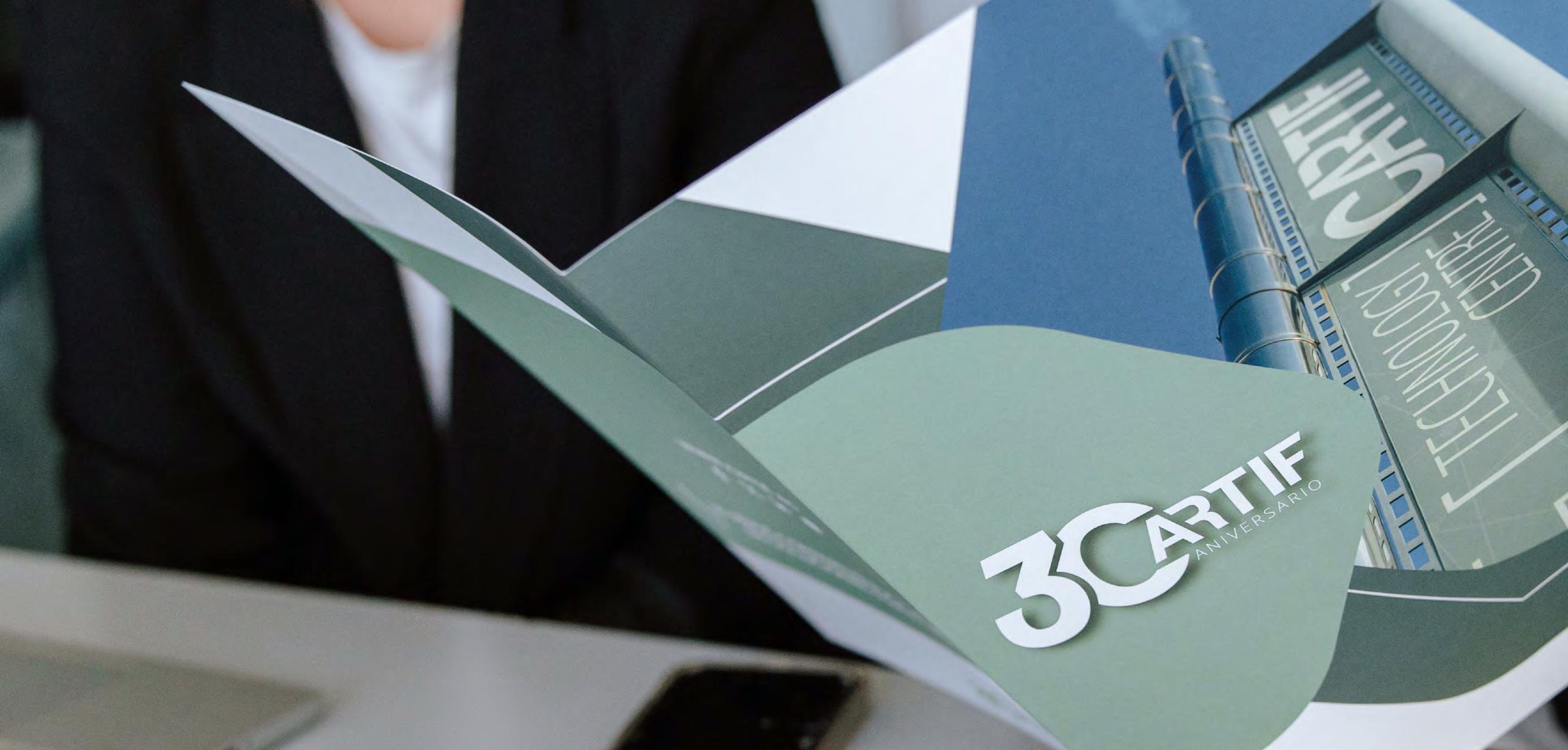







José R. Perán González, Honorary Award from Castilla y León Económica, and Technological Innovation Award at the IX Bueyecillo Awards 2024
CARTIF joins the Circular Economy Pact of Castilla and León
CARTIF becomes part of the Aldehuela Hub to boost the Health and Wellbeing sector
CARTIF joins the Net-Pharma Hub as first strategic partner to reinforce its commitment to excellence
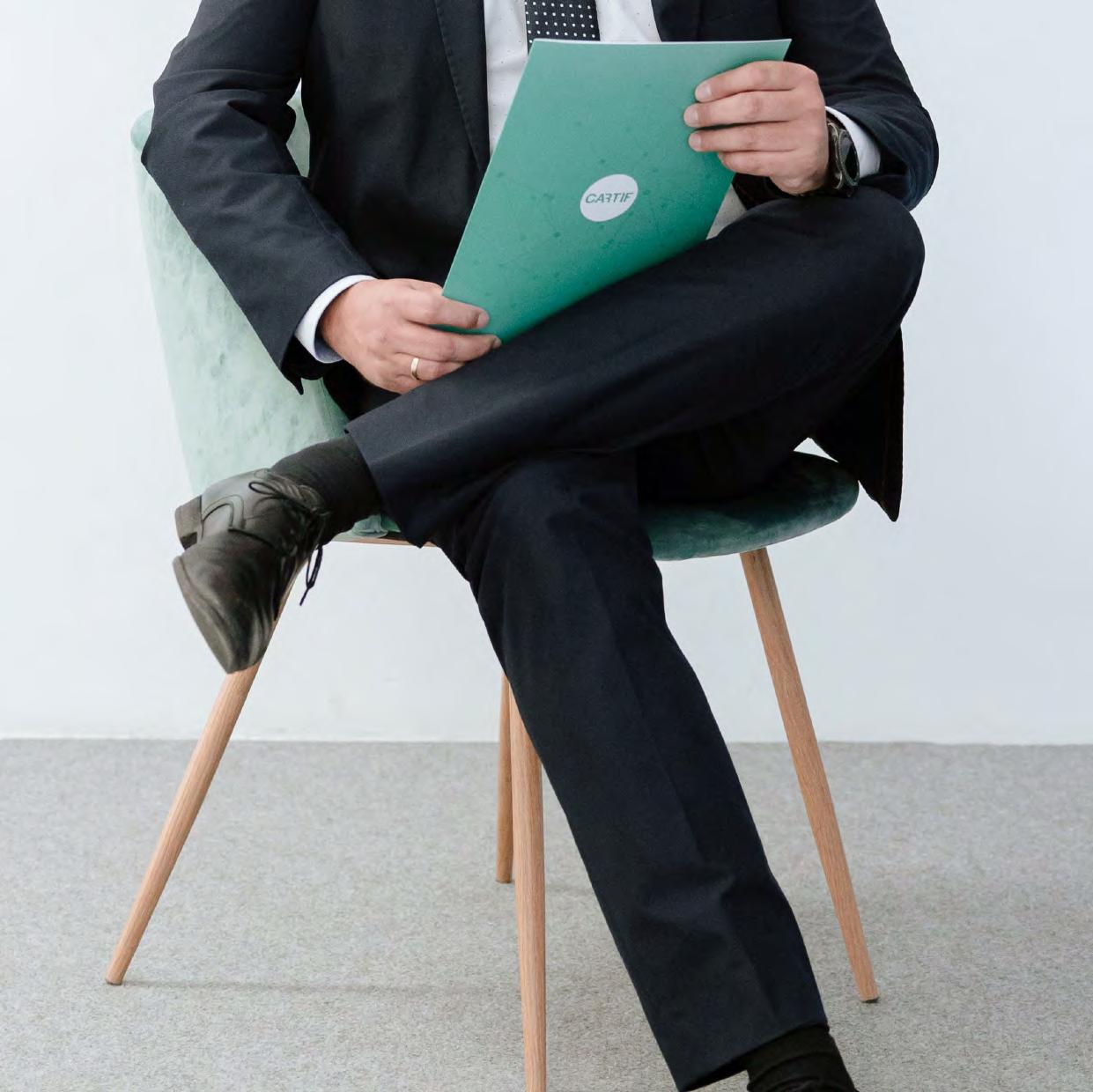

At CARTIF, we look at the furute with the conviction that our role as a technology centre is more relevant than ever. Our objective is clear: to continue developing useful, applicable and transformative technologies that generate real impacts for business, public administrations, and society as a whole. We aim to remain the trusted partner for those who seek to innovative and transform their processes, products and services.
One of our strongest commitments in this regard is to advance towards a sustainable balance between competitive public funding and direct contracting with the private sector. This balance not only provides economic stability for the centre but also clearly demonstrates the value and market relevance of our work. The combination of both approaches enable us to maintain scientific and technical excellence while responding swiftly to the real needs of the productive sector.
Our strategic areas of focus will continue to evolve around four key pillars: advanced digitalisation, sustainability and the circular economy, energy transition, and the improvement of social wellbeing through technology. Through these areas, CARTIF will continue to generate solutions that address current challenges with a practical, market-oriented focus.
Above all, the challenge is clear: conducting research that serves the market. That is, to turn technology into a driver of business competitiveness and economic and social progress. To achieve this, we must strengthen our role as key innovation agents, acting as the bridge between science and its application, enhancing the value of knowledge generated within research organisation and transforming it into tangible solutions.
Technology centres play a fundamental role by contributing objectivity, expertise, and technical validation across the various stages of research and innovation projects. We act as agentes that helps turn uncertainty into decisions backed by evidence and long-term vision.
Realising this vision requires a strong and sustained commitment, especially from national and regional authorities. Structural and sustained support is needed; reflecting a genuine commitment to technology transfer, and enabling us to bring scientific advances even closer to businesses, helping them remain competitive in an increasingly demanding global environment.
CARTIF is ready to take on the path. We have the experience, the team, and the ambition to continue leading the way –through the application of science- towards a more innovative, sustainable, and people-centred future.
José Ramón Perán General Director of CARTIF
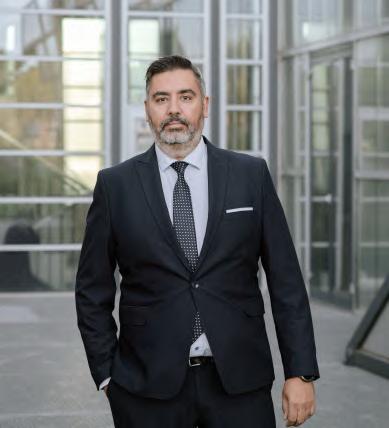
The year 2024 has been particularly significant for CARTIF, marked by the strengthening of our collaboration with businesses and steady profess towards solutions that address real market challenges. The celebration of our 30th anniversary has coincided with a clear consolidation of our innovation model, oriented towards impact.
Throughout 2024, we have reinforced our commitment to innovation by consolidating our valorisation and technology transfer strategy and strengthening a more direct and effective approach in linking our developments with their practical application. One of the key pillars of this progress has been the intensification of projects carried out directly with companies, which have surpassed one hundred, with contracted revenue exceeding €3.8 million. These collaborations, built on mutual trust, have enabled us to co-create solutions aligned with industrial challenges, generating useful and applicable knowledge.
A prime example is the CARNIVAL project, where we work alongside companies in the meat industry to valorise waste such as blood, offal, and wastewater, transforming them into high value-added by-products. This type of initiative clearly reflects our strong commitment to technology transfer and our close relationship with the business sector.
Significant progress has also been made in 2024 on the CLEANPORTS project, which focuses on improving port logistics process through the integration of digital technologies such as artificial intelligence, digital twins, and collaborative robotics. The project aims to optimise cargo handling operations in
ports, as wll as last-mile goods management, contributing to the sustainability and energy efficiency of the logistics sector.
Another noteworthy initiatice is the development of the HUMAIN project, which explores flexible solutions based on artificial intelligence and the industrial internet of thinks (IIoT) to advanced towards safer, more efficient and sustainable Industry 5.0 products systems. The project involves the development of predictive sytems capable of anticipating issues before they arise, along with collaborative robotics solutions applied to logistic tasks such as packaging and palletising –even when dealing with variable product condition. These technologies are enabling more versatile, sustainable, and efficient process, in line with emerging paradigms in advanced manufacturing.
On the international stage, CARTIF has taken on a leading role as coordinator of the European project MOBILITIES4EU, launched in January 2024 with the aim of transforming urban mobility systems. By implementing solutions focused on electrification, automation, and connectivity, this project is contributing to the decarbonisation and digitalisation of transport in major European cities, with high-impact pilot actions in logistic environments and public networks in Madrid and Dresden. It is a clear example of how technology can help build more sustainable, intelligent and liveable cities.
Behind each of those projects is a dedicated, multidisciplinary team: over 200 professionals, including 42 PhD holders, sharing a common vision –to create value through technology. Their daily work underpins every achievement we achieve. Their talent and commitment are our greates guarantee for the future.
Today, CARTIF is a technology centre more attuned to the needs of industry, more agile in its responses, and more determined than ever to continue delivering practical solutions. Our sincere thanks to all who continue to accompany us on this journey.
Sergio Sanz Hernando Deputy General Director of CARTIF
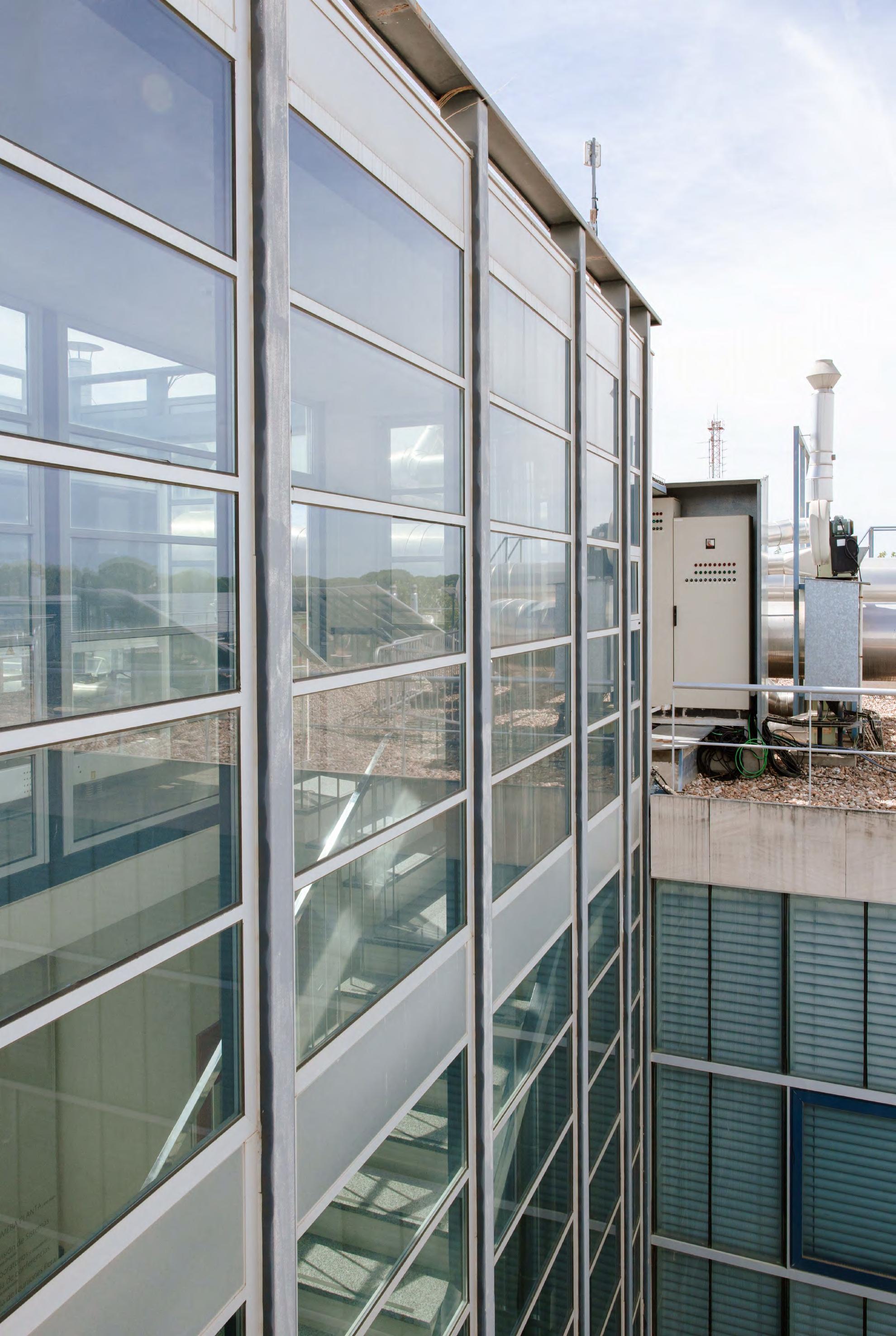

CARTIF is a multidisciplinary technology centre whose primary mission is to generate technological knowledge and provide innovative solutions to business, enabling them to improve their processes, systems, and products thereby enhancing their competitiveness and creating new business opportunities.
With 30 years of experience, CARTIF’s research team remains fully committed to these principles, working daily to strengthen and drive the growth and development of the technology centre.
CARTIF retains the multidisciplinary nature with which it was founded and operates across five sectors or business areas, ranging from industrial solutions, energy and environment, construction and infrastructure, to agri-food, health, and quality of life.
To be a benchmark in applied research, technological development and innovation in processes, products and systems, offering comprehensive multidisciplinary solutions that generate high impact through their capacity for anticipation and engagement with society, the business sector and academia.
The outcomes achieved in our research lines enable us to provide comprehensive services in technological development and innovation for companies.
Moreover, participating in strategic alliances with leading business and technology centres allows for scientific exchange of knowledge and experience.
“The spirit of innovation, combined with collaborative work, is what has allowed us to create solutions that go beyond technology”
Sergio Sanz Hernando, Deputy General Director of CARTIF
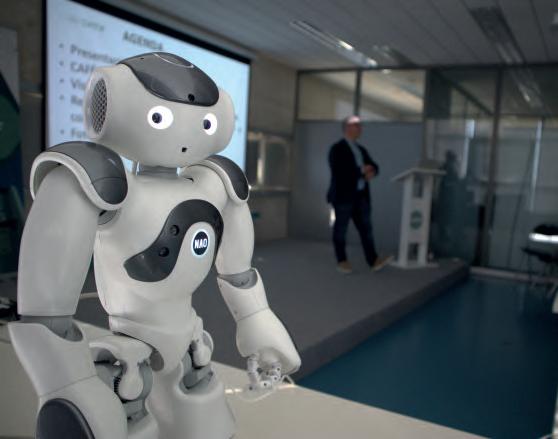
Excellence. Striving for the highest quality in all activities undertaken, with the aim of being recognised as a benchmark-both within the organisation and by society at large.
Sustainability. Developing the organisation to meet present needs without compromising future continuity. All efforts are guided by a clear commitment to Corporate Social Responsibility and contribution to environmental sustainability.
Enthusiasm and Creativity. A collective spirit marked by high level of involvement and motivation, with a strong capacity to generate ideas and initiatives.
Commitmetn to Regional Development. Driving the sustainable development of the region to enhance quality of life and increase its competitive capacity.





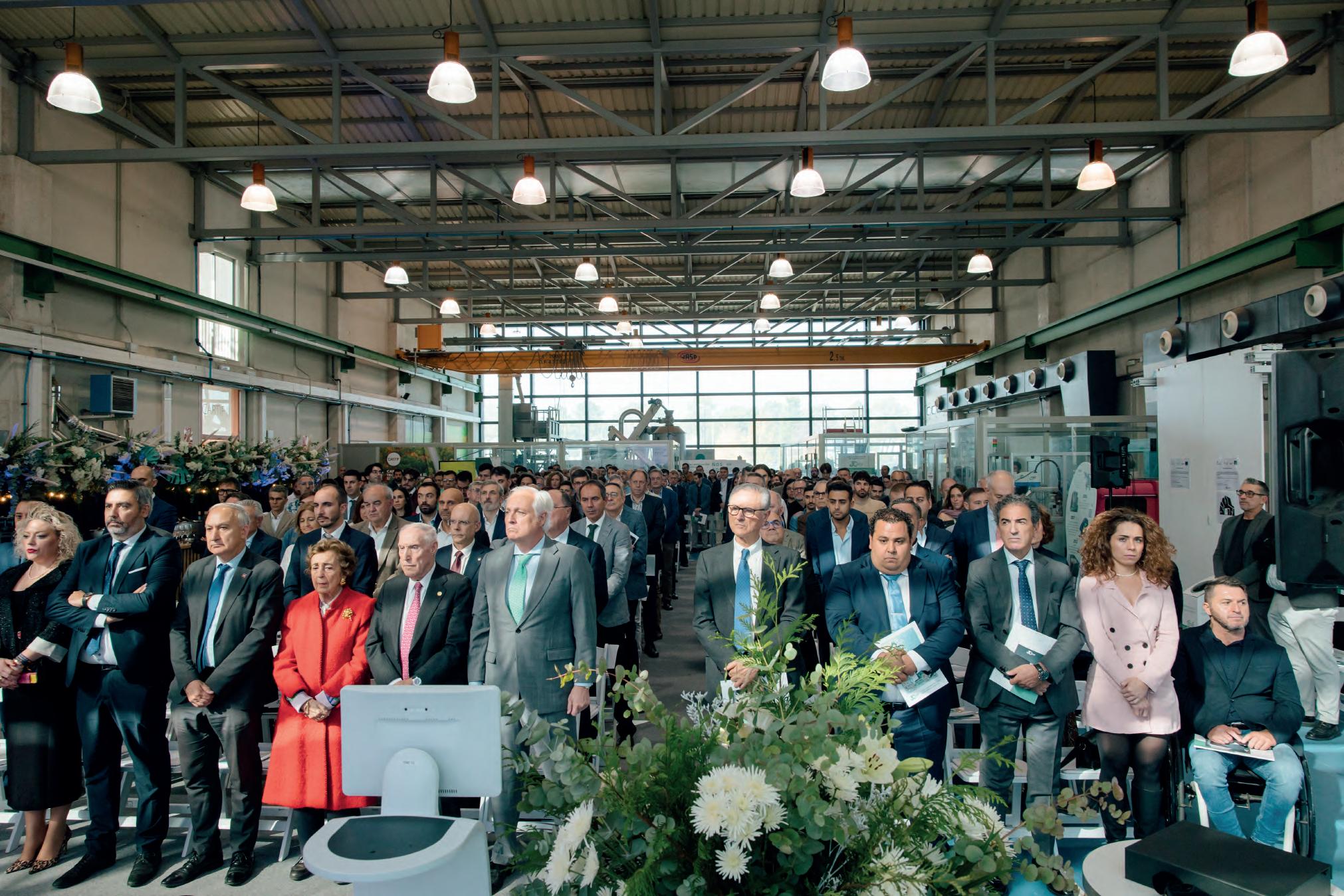

José R. Perán González. General Director of CARTIF
Sergio Sanz Hernando. Deputy General Director of CARTIF
Patronate
Presidency. Huercasa
Vice-presidency. CEOE Castilla y León
Secretariat. University of Valladolid
Members:


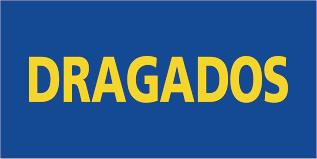
Associated companies. Acciona, Aciturri, Ayuntamiento de Boecillo, Carburos Metálicos, Divisa IT, Iberdrola, Industrias Río S.L, Unicaja Banco, Veolia Technology advisors
D. Fernando Aldana Mayor. Professor of Electronics at the Polytechnic University of Madrid and Former Secretary General of the CYTED Programme
D. Jordi Aguiló Llobet. Emeritus professor at the University of Barcelona




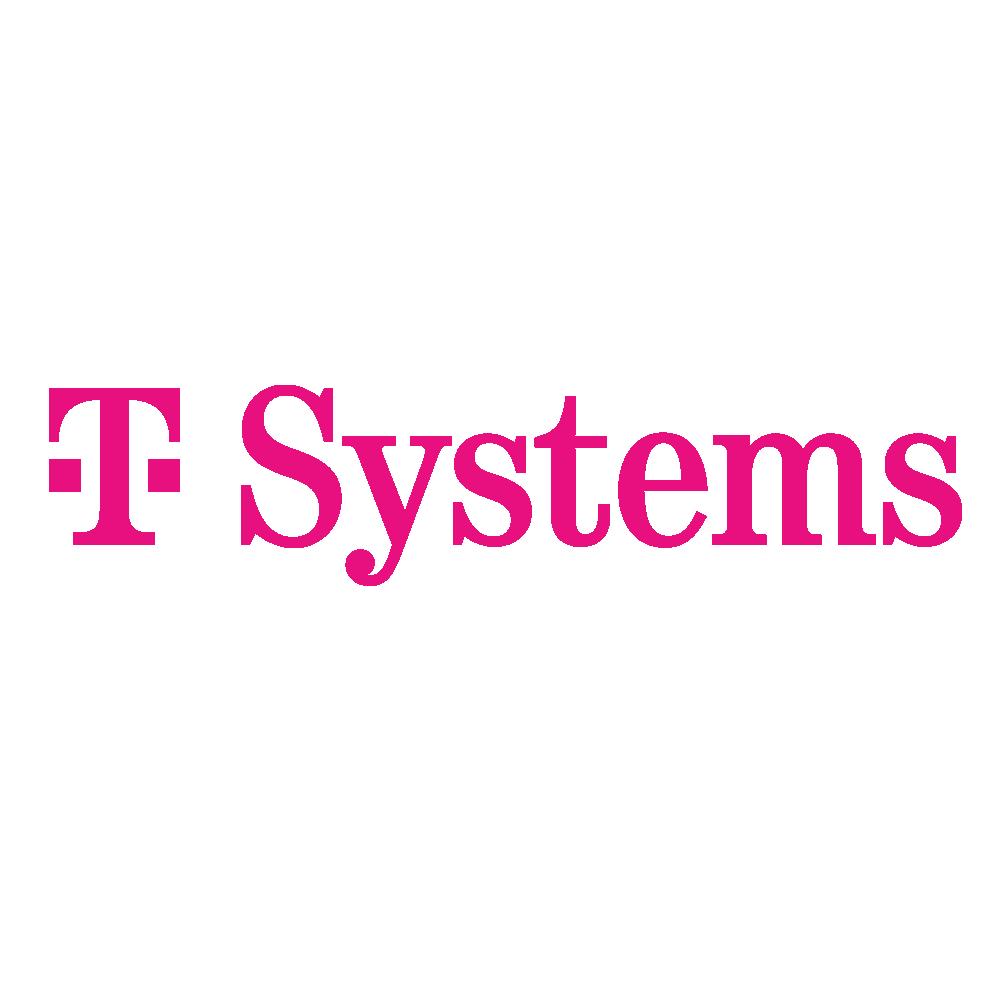
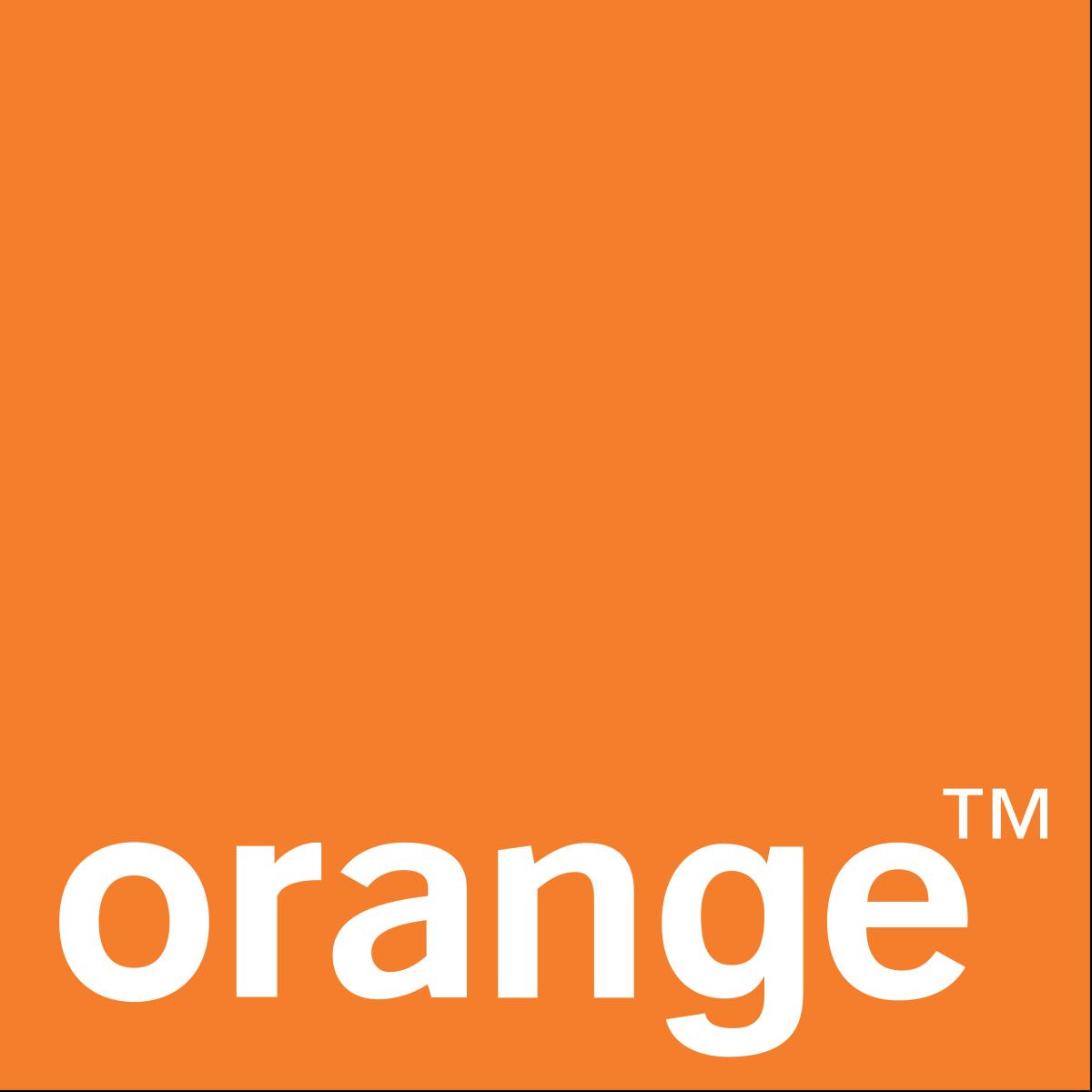




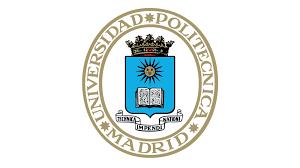






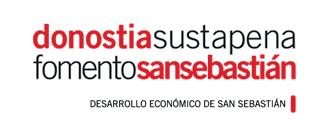
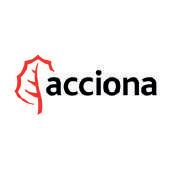





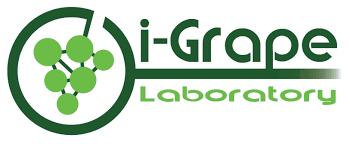
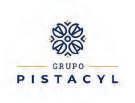
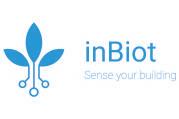

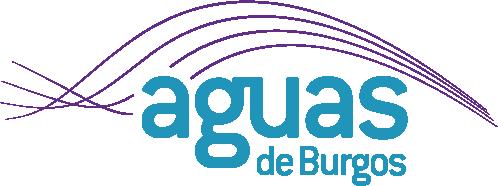


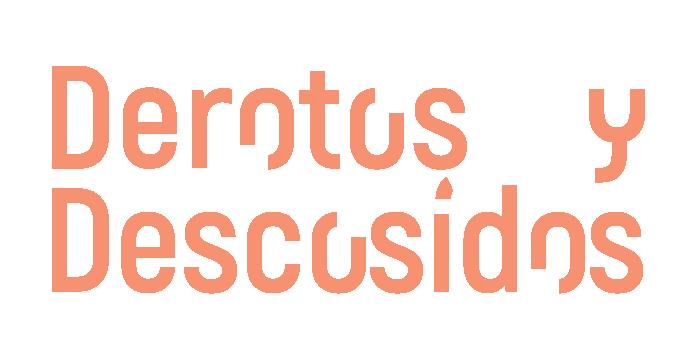
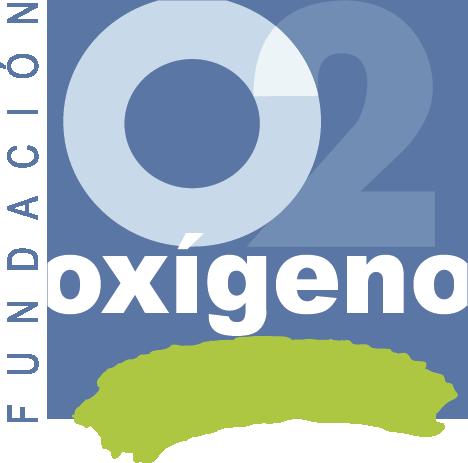
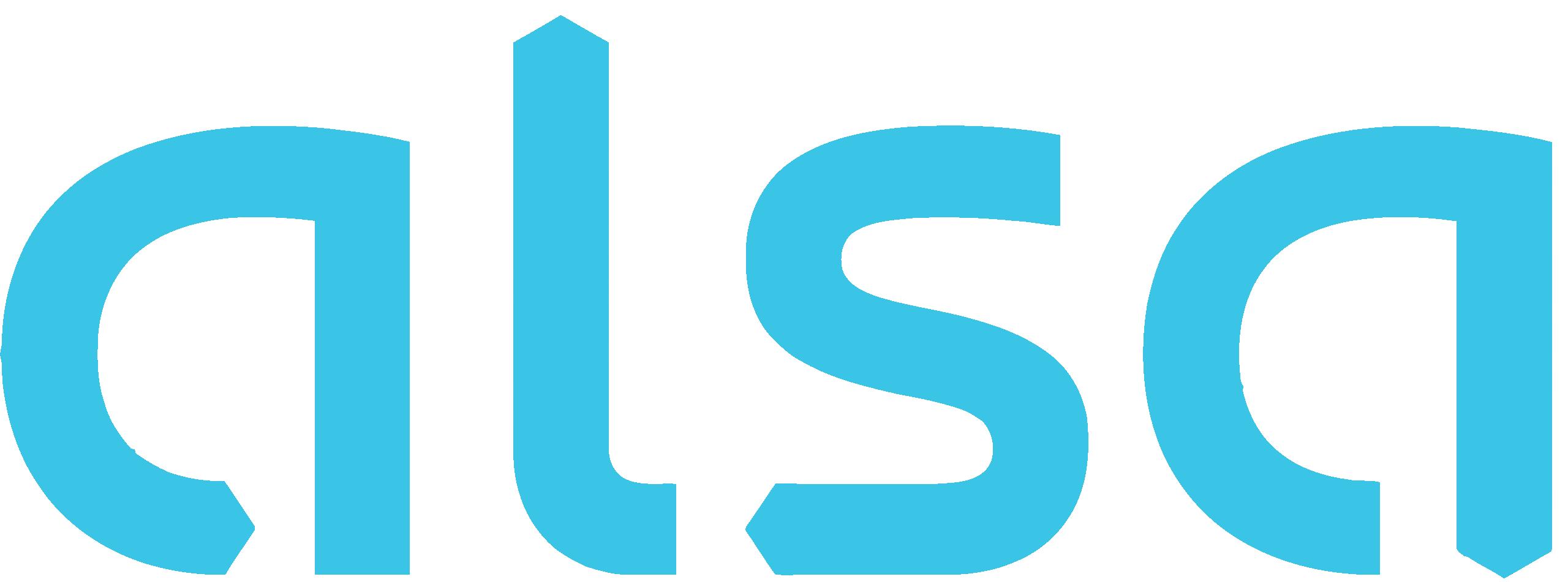

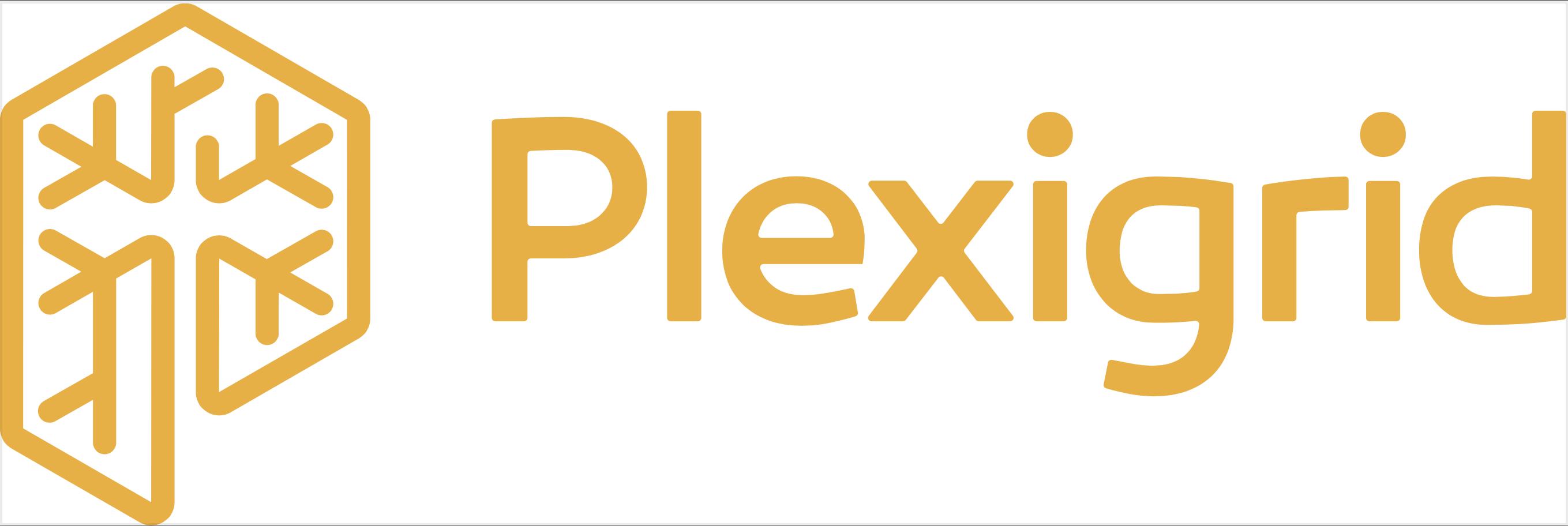
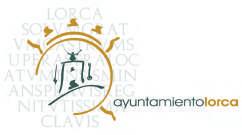




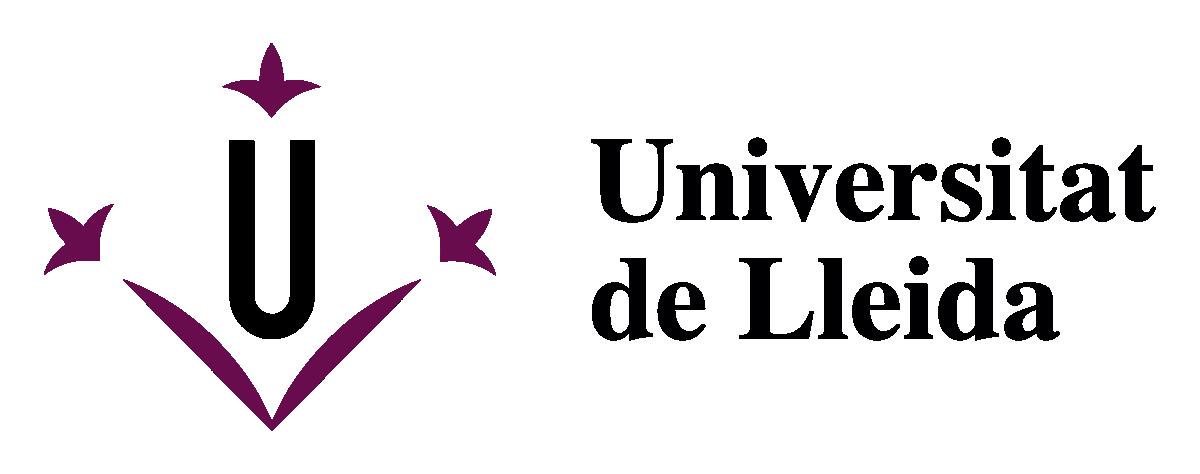
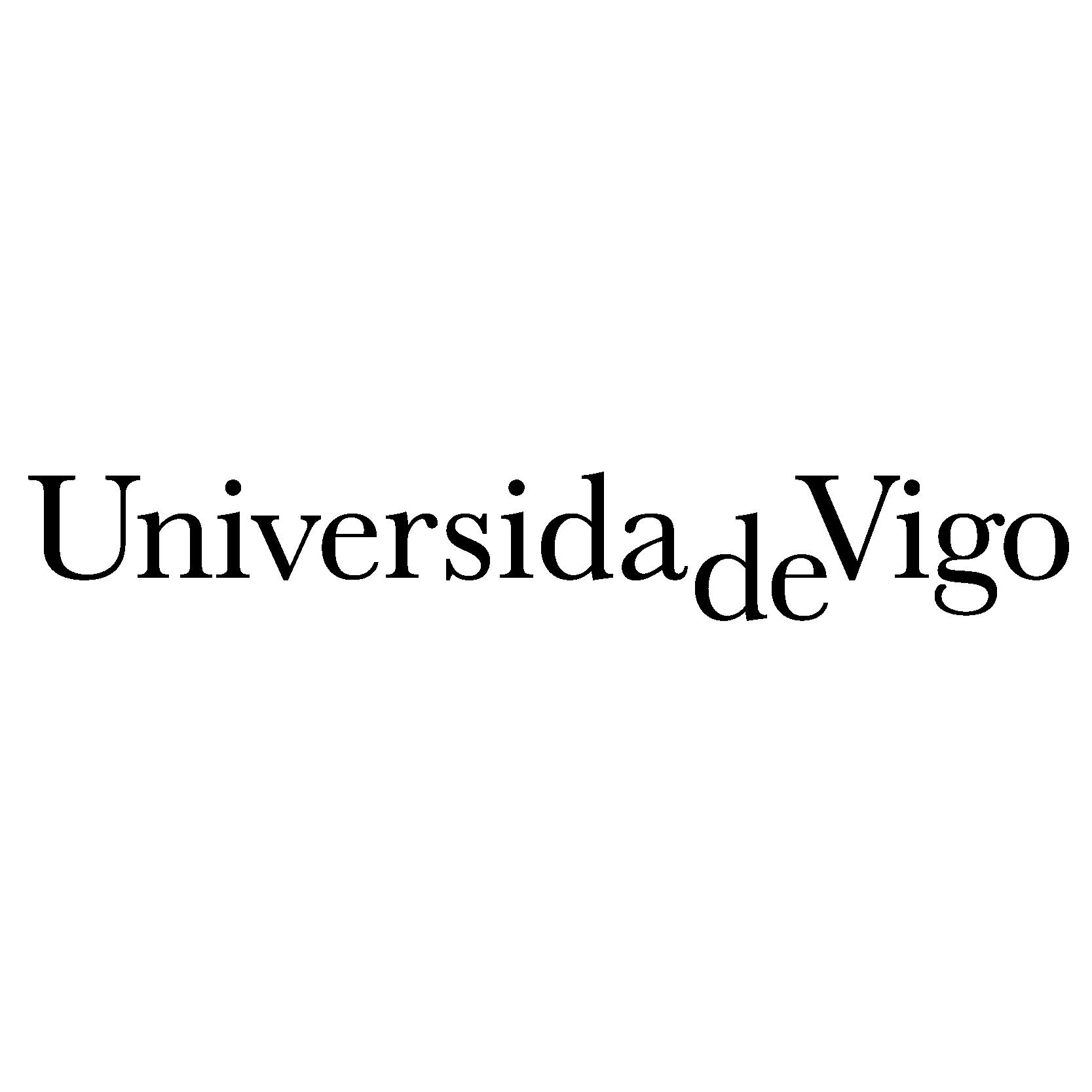
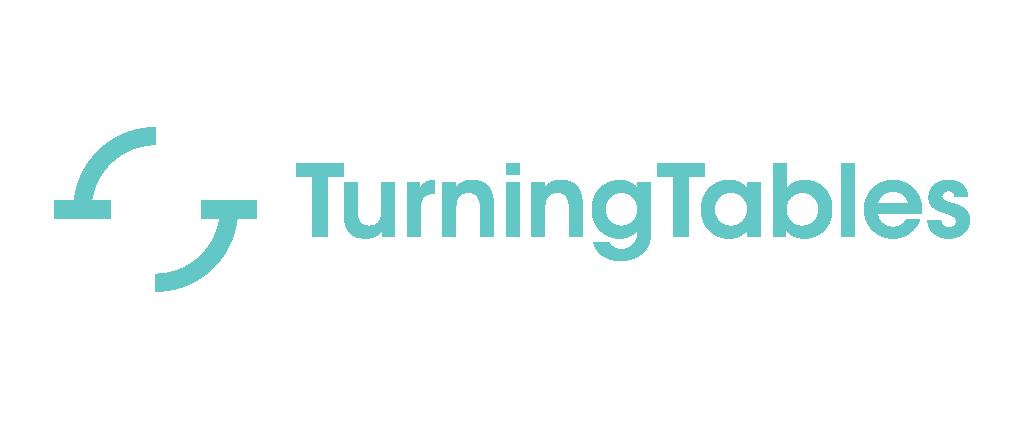

CARTIF has two laboraatories accredited in materials, composites, paints, varnishes, sealants, resins and wood pellets testing by ENAC (nº335/LE1276), and non-materials testing according to Nadcap aerospace standard AS7003.


It is also certified by AENOR in “Quality Management” and “Environmental Management” (ISO 9001 an 14001) and in “R&D&I Management” (ISO 166002).
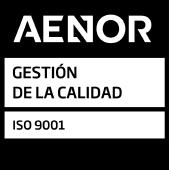
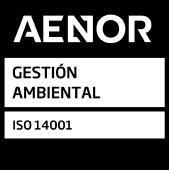
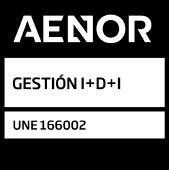
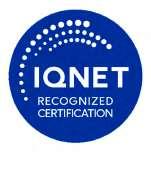




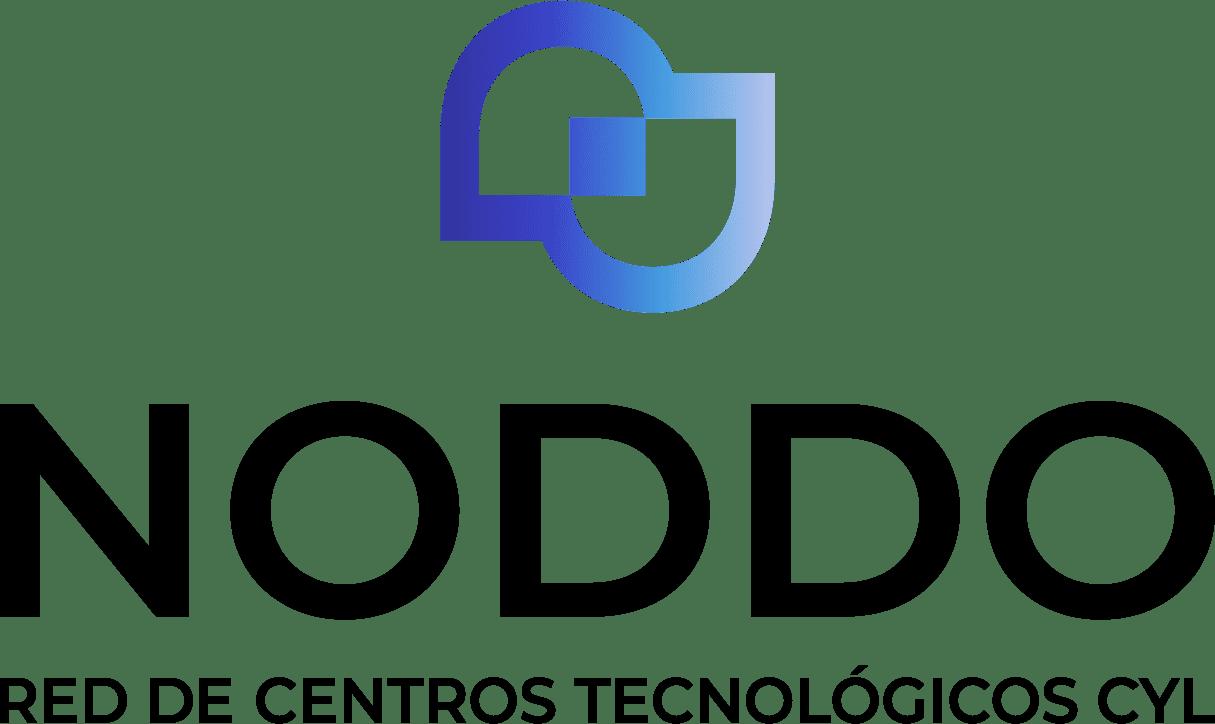
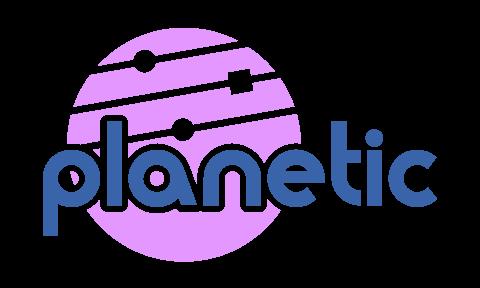



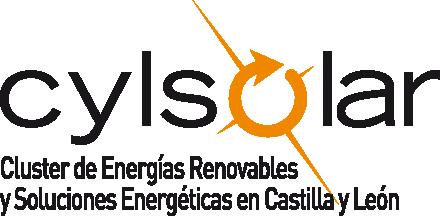








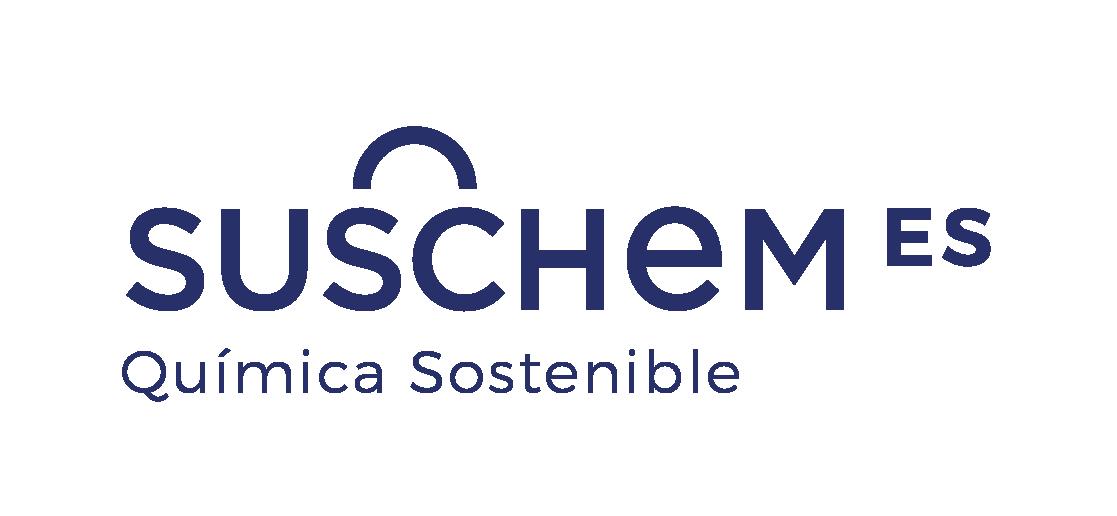


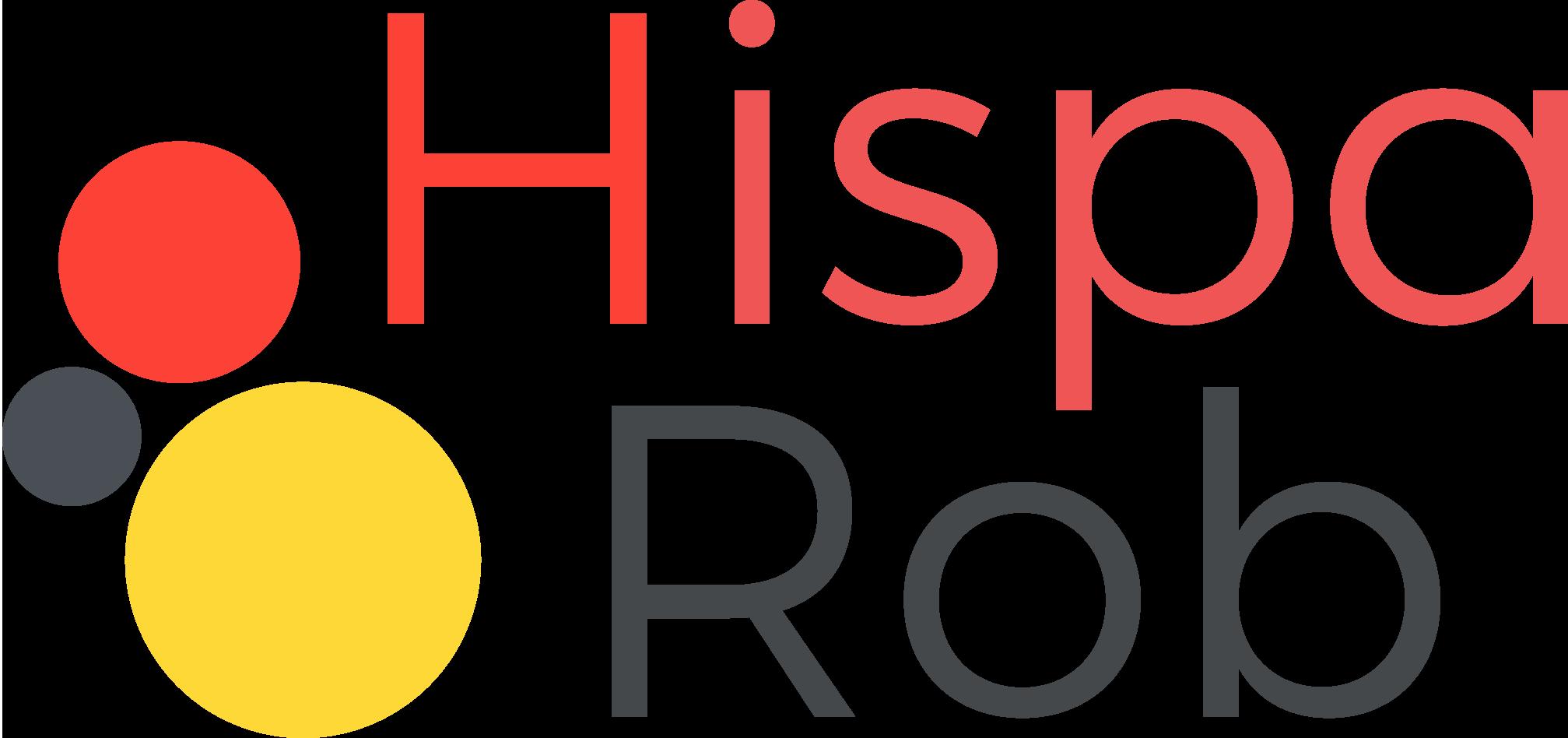








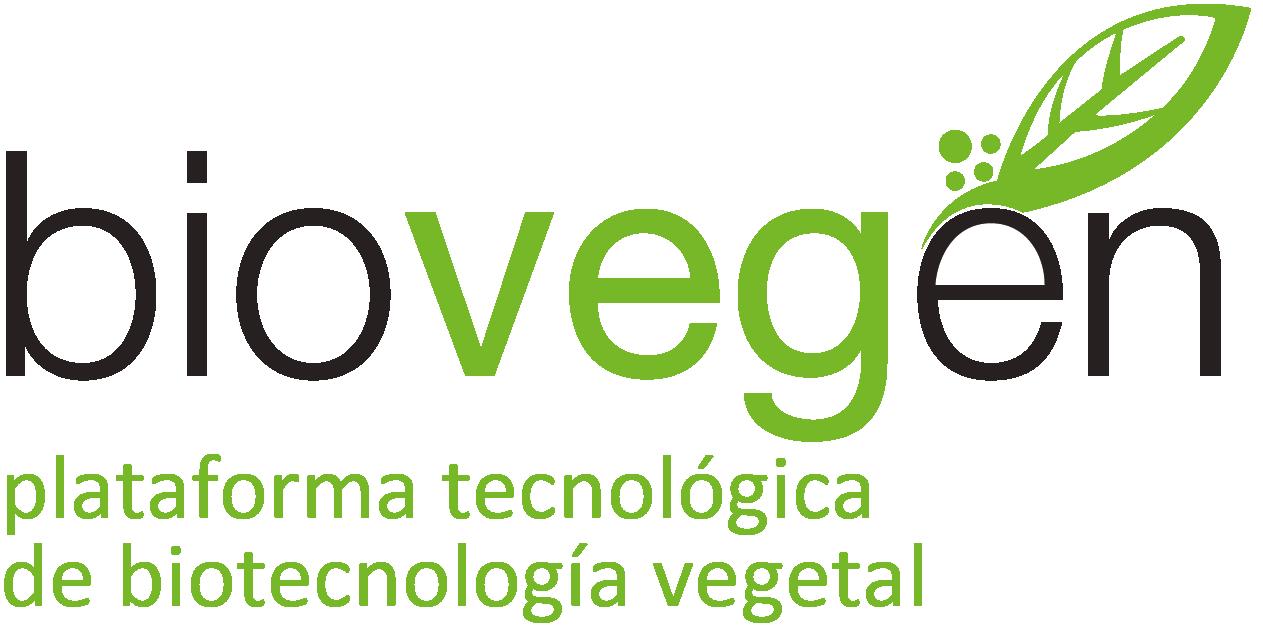








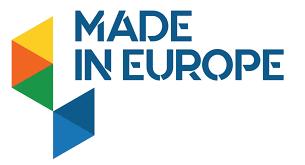



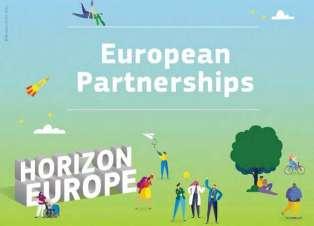

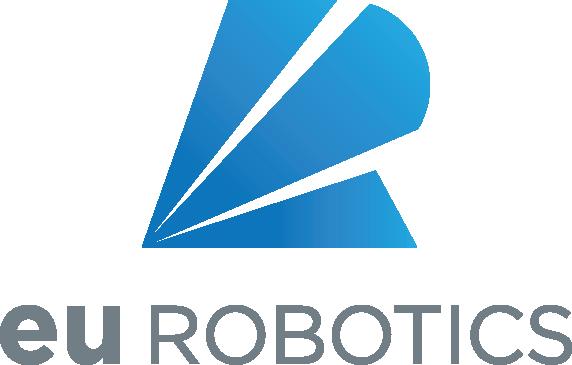

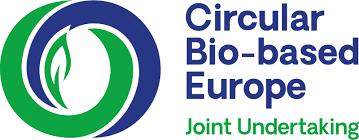



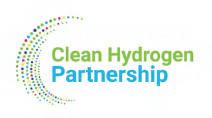




According to CARTIF’s Equality Plan –registered in November 2021 and valid for four yearsthe technological centre reaffirms its commitment to fostering a working environment based on equal opportunities, eliminating any barriers that may hinder the professional development of its staff.
Among the measures implemented throughout 2924, and under the coordination of the Monitoring Committee in charge of its implementation, the training actions that CARTIF’s staff have carried out aimed at consolidating a work environment based on an inclusive cluture, as well as providing the necessary tools to prevent and address possible cases of unequal treatment, stand out.
These trainings have been given by the consultancy firm ERRESE, specialised in social responsibility:
• ‘Equal opportunities’ training, received by the entire staff of the centre.
• ‘Diversity and inclusion’ training, received by the Monitoring Committee of the Equality Plan and CARTIF’s management straff.
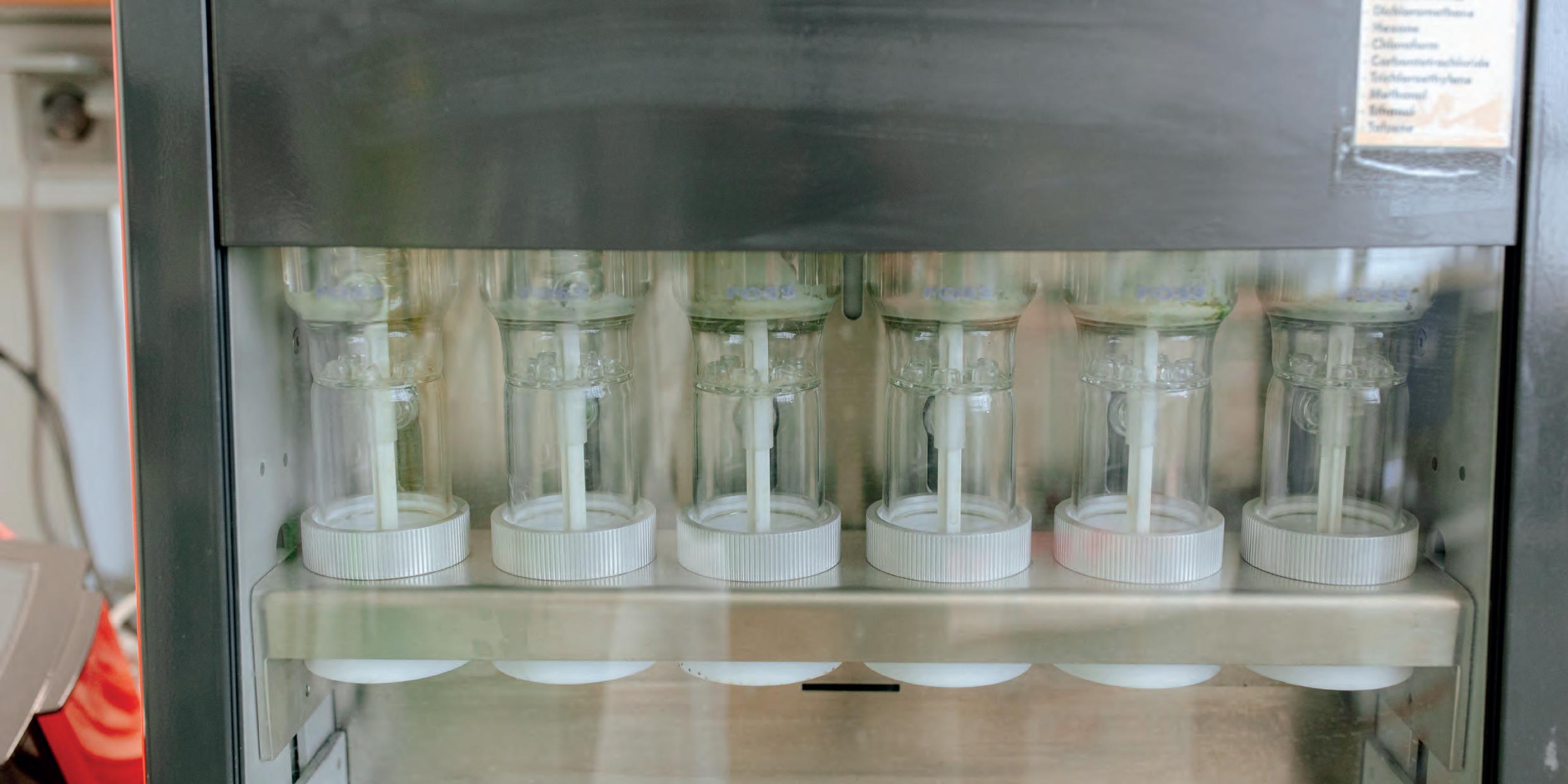



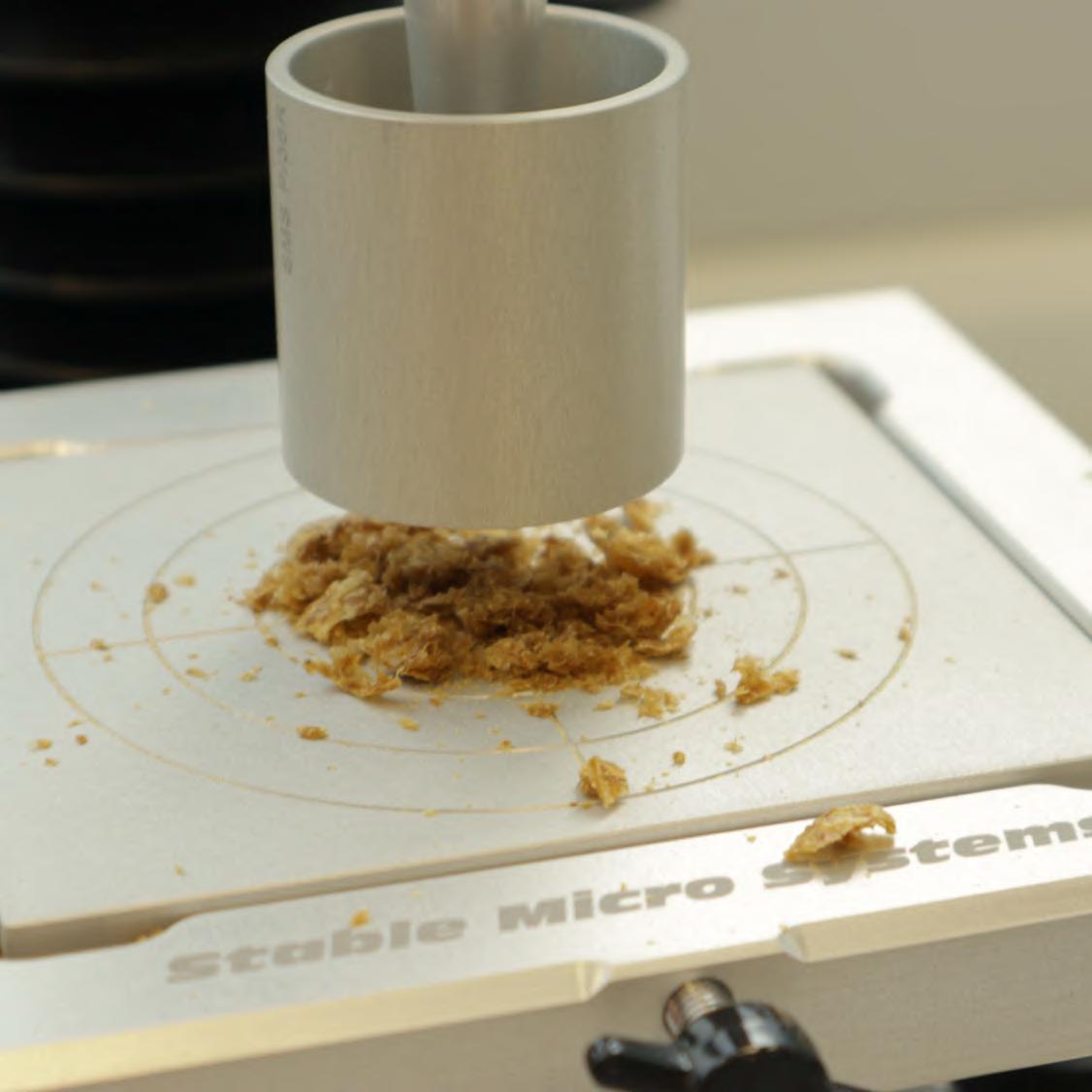
With over 25 years of experience serving the Food and Beverage industry, CARTIF’s Food Area has established a solid track recording in promoting health and sustainable nutrition, supporting companies across all stages of their processes. Its research team delivers tailored solutions to meet specific products and process needs, identifying consumer preferences and anticipating market trends.
1. Use of new sources and application of innovative technologies for modifying the technofunctional properties of ingredients and obtaining new food products.
2. Development of healthy products through drying and preservation technologies.
3. Development of new ad-hoc rapid detection applications to ensure food quality and safety.
4. Research into food formulation of products to improve their nutritional quality and sustainability.
5. Implementation and evaluation of actions across all phases of the food chain to improve Food Systems.

The NOVACARNI project was launched with the aim of developing new cured meat products incorporating vegetables and/or legumes into their formulation, with the objective of offering consumers healthier options aligned with the growing market demand for environmental sustainability.
To achieve this, the research team from CARTIF’s Food Area collaborated with the EZEQUIEL cured meat factory (León, Spain), working on the formulation of a chorizo that integrates innovative ingredients not previously used in the production of cured sausages, such as vegetables, legumes, and healthy oils.
As a result of the project, the team developed new cured meat products with an improved nutritional profile, featuring reduced levels of saturated fat and salt, increased protein content, and the inclusion of sustainable, plant-based ingredients..
Total project budget: 175,356.93 €
CARTIF budget: 45,000 €
Nº Partners: 2
Competitive call

One of the main challenges facing the meat industry is the management of waste generated during daily operations. In response to this issue, the CARNIVAL, project was launched with the aim of developing new scientific and technological knowledge to valorise such waste and transform it into high value-added by-products.
Focusing on the sheep and pig sector, the project’s research team will study waste streams such as blood, skin remnants, offal, and wastewater. The next phase will involve defining specific methodologies and processes of obtaining valorised by-products. In addition, proof-of-concept trials will be carried out at laboratories scale to identify strategies that can be easily implemented in the medium to long term.
CARTIF budget: 243,169.64 €
Nª Partners: 3
Direct contract with a private company

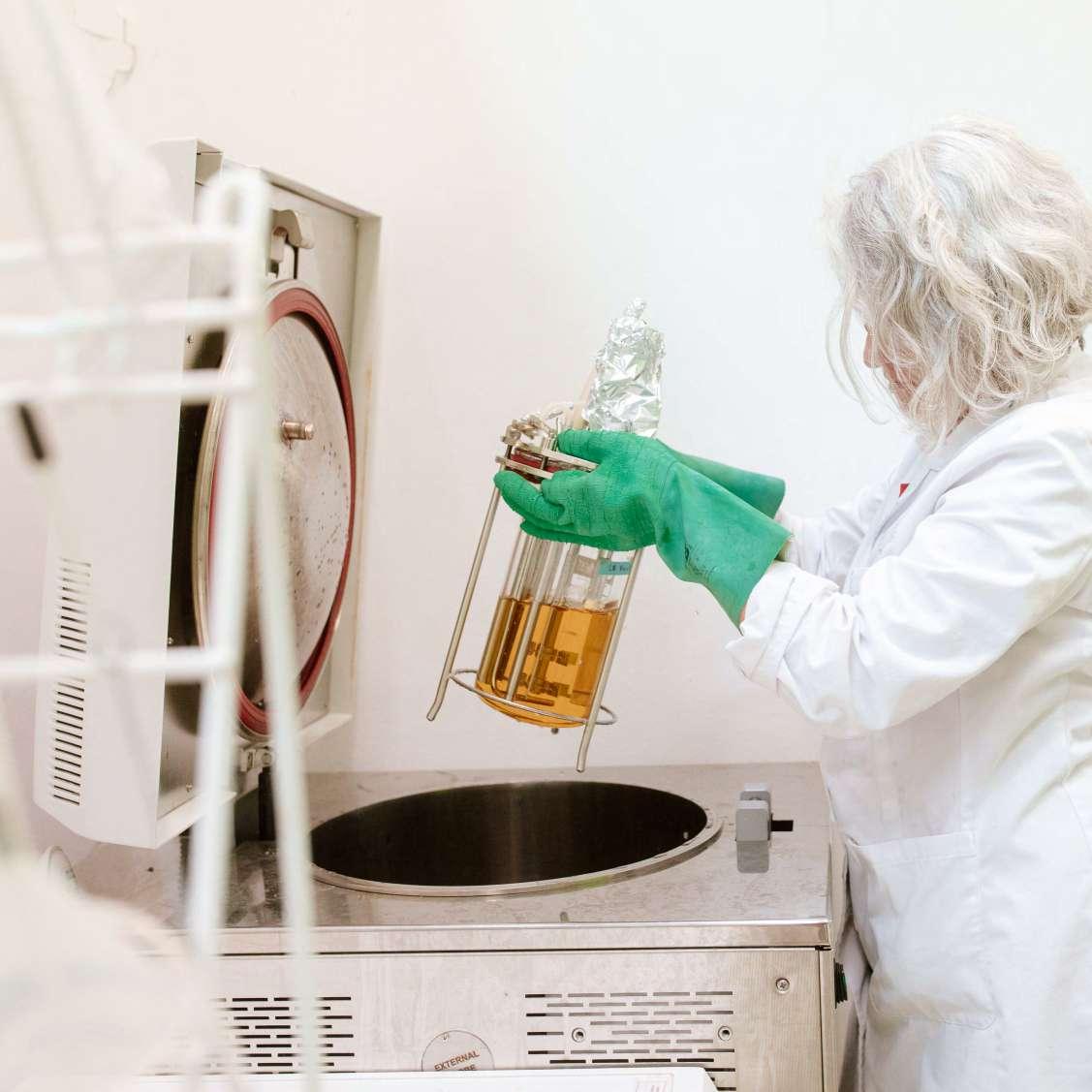
The Biotechnology and Sustainable Chemistry advances in the research and implementation of innovative solutions based on biology and green chemistry. Its main objective is optimise and make industrial processes more sustainable, protect the environment, and improve quality of life by developing more efficient products and processes that are respectful of the life cycle.
1. Processes with chemical-catalytic reaction processes, heterogeneous catalysts and (bio)adsorbent materials.
2. Thermochemical processes and intensification of preassure processes for the transformation of plastics, biomasses and recalcitrant waste into value-added products.
3. Development of biobased materials with applications in polumers, adhesives and coating with special properties.
4. Development of advance fermentation process (with liquid and/or gas phase substrate).
5. Application of advanced chemical and enzymatic hydrolysis processes for waste and lignocellulosic biomass treatment.
6. Development of new application and microbiological tools.
7. Extraction and purification of active ingredients and proteins by biocatalysis and/or GRAS solvents.
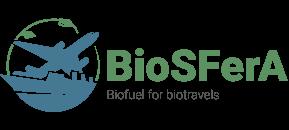
The main objective of the BioSFerA project was the develop a new competitive technology to produce advanced biofuel to the aviation and maritime sectors from waste of biogenic origin. After four years of work and development, this goal has been successfully achieved..
To achive this, the project began with the gasification of waste materials. The next step involved two consecutive microbial fermentations: the first carried out by an acetogenic bacterium to convert synthesis gas into acetate under anaerobic conditions; and the second y by an oleaginous yeast that transformed the acetate into triacylglycerols (TAGs) under aerobic conditions. Finally, the TAFs where hydrogenated to produce sustainable biofuels.
The research team at CARTIF successfully optimised the double fermentation process at laboratory scale (2L), obtaining TAGs as the final product. Meanwhile, the rest of the consortium managed to scale up the entire process to a pilot plant (1,000L) and produced 200 litres of biofuel meeting the specifications required for use in both aviation and maritime transport.
In addition, the techno-economic assessment confirmed the sustainability and competitiveness of the process compared to certified technologies also aimed at producing advanced fuels (e.g., Fischer-Tropsch, Alcohol-to-jet).
H2020-LC-SC3-2019-NZE-RES-CC
Total budget project: 4,998,653.75 €
CARTIF budget: 399,625 €
Nº Partners: 11
Competitive call

The CATCO2NVERS project emerges to reduce greenhouse gas (GHG) emissions in the bio-based industry through innovative technologies that enable their conversion into high value-added chemical products. To this end, the project is developing five advanced catalytic processes –electrochemical, enzymatic, and thermochemical- capable of transforming CO2 into compounds such as glyoxylic acid, lactic acid, furan dicarboxylic methyl ester, cyclic carbonated fatty acid methyl esters, and biomathanol, with applications in the chemical, cosmetics, and plastic industries.
CARTIF plays a key role in the project’s research and development. The team is responsible for developing new catalysts for CO2 hydrogenation to methanol, evaluating their catalytic activity and characterisation, as well as developing and scaling up the process.
The project aims to demonstrate the technical and economic feasibility of these technologies, promoting their industrial implementation to reduce dependence on fossil fuels and contribute to climate change mitigation. CATCO2NVERS supports a more sustainable model based on the circular economy and the valorisation of CO2 as a resource.
Horizonte 2020 · Nº 101000580
Total budget: 6,641,117 €
CARTIF budget: 383,125 €
Nº Partners: 15
Competitive call


The Nature Resources and Climate Area develops its research line around process and technologies that contribute to the sustainable management of natural resources and the improvement and protection of the environment, paying special attention to those aspects that contribute to mitigating the effects of climate change.
1. Water purification solutions using soft technologies (water biofilters) and sustainable drainage systems
2. Techniques of water sustainable use and recovery processes.
3. Techniques and technologies of renaturalization of industrial and household spaces (inside/outside).
4. Natural solutions for the improvement of air quality (inside/outside)
5. Forestal management through quantification of ecosystemic services of forest stands and their action facing climate change.
6. Decontamination (mainly NOX removal) and potabilisation processes (trihalomethanes, raionucleides, etc.).
7. New systems and improvement of cops.
8. Bioproducts (biofertilizers, biostimulats and biopesticides) with agri-food origin.
9. Bio-phyto remediation oF degraded soils through ecological restoration, metal recovery (bio-mining), etc.
10. Soil restoration solutions, sustrates formulation, technosoils, amendments and composting processes.

The PHENOLEXA project was launched with the aim of developing foundational technology for the implementation of a cascading biorefinery process, designed to extract and stabilise polyphenols from our types of residual biomass: pruning wastem olive and vine leaves, onion peels, and chicory leaves. At present, these by-products are generally destined for low-value applications such as composting or animal feed
Throughout the Project, 12 key technologies have been validated at laboratory and pre-industrial scale (TRL 4/5). One example demonstrated that red onion peel contains a high concentration of polyphenols. Its subsequent processing –involving microbial pretreatment and subcritical water extraction al 150ºC- fielded promising results, achieving high polyphenol recovery and demonstrating the potential of this methodology for large-scale applications.
CARTIF has led the assessment of residual biomass availability across Europe and proposed a viable supply chain model to support its valorisation. The team has also demonstrated, at laboratory scale, the feasibility of encapsulating polyphenols using spray drying techniques. Furthermore, it has carried out a comprehensive environmental and social impact assessment of the processes involved, using indicators such as carbon footprint to evaluate environmental performance, and health and safety parameters in the agricultural sector to assess social implications.
H2020 · GA 101023225
Total project budget: 3,902,659€
CARTIF budget: 378,125 €
Nº partners: 12
Competitive call

The PRO-CLIMATE project aims to support communities in adapting to climate change by fostering social transformations and behavioural shifts. To this end, the consortium seeks to identify social tipping points and develop strategies grounded in a systemic approach that considers the interaction between socio-economic and environmental factors. Its primary goal is to strengthen climate resilience through the implementation of concrete policies and actions.
Through living labs in six European countries, the project will design, test, and monitor systemic transformations aimed at climate adaptation. The research team at CARTIF, in collaboration with the Provincial Council of Badajoz, will work on a specific case study, promoting change processes that support capacity building at individual, organisational, and institutional levels, with the aim of accelerating climate resilience. The team will also identify key drivers and barriers that influence social transformation within the community context of the region.
The project seeks to promote integrated and inclusive solutions that enhance the ability of communities to address climate challenges and ensure long-term sustainable adaptation.
Horizon Europe · GA 101137967
Total project budget: 3,666,685€
CARTIF budget: 256,875€
Nº Partners: 10
Competitive call

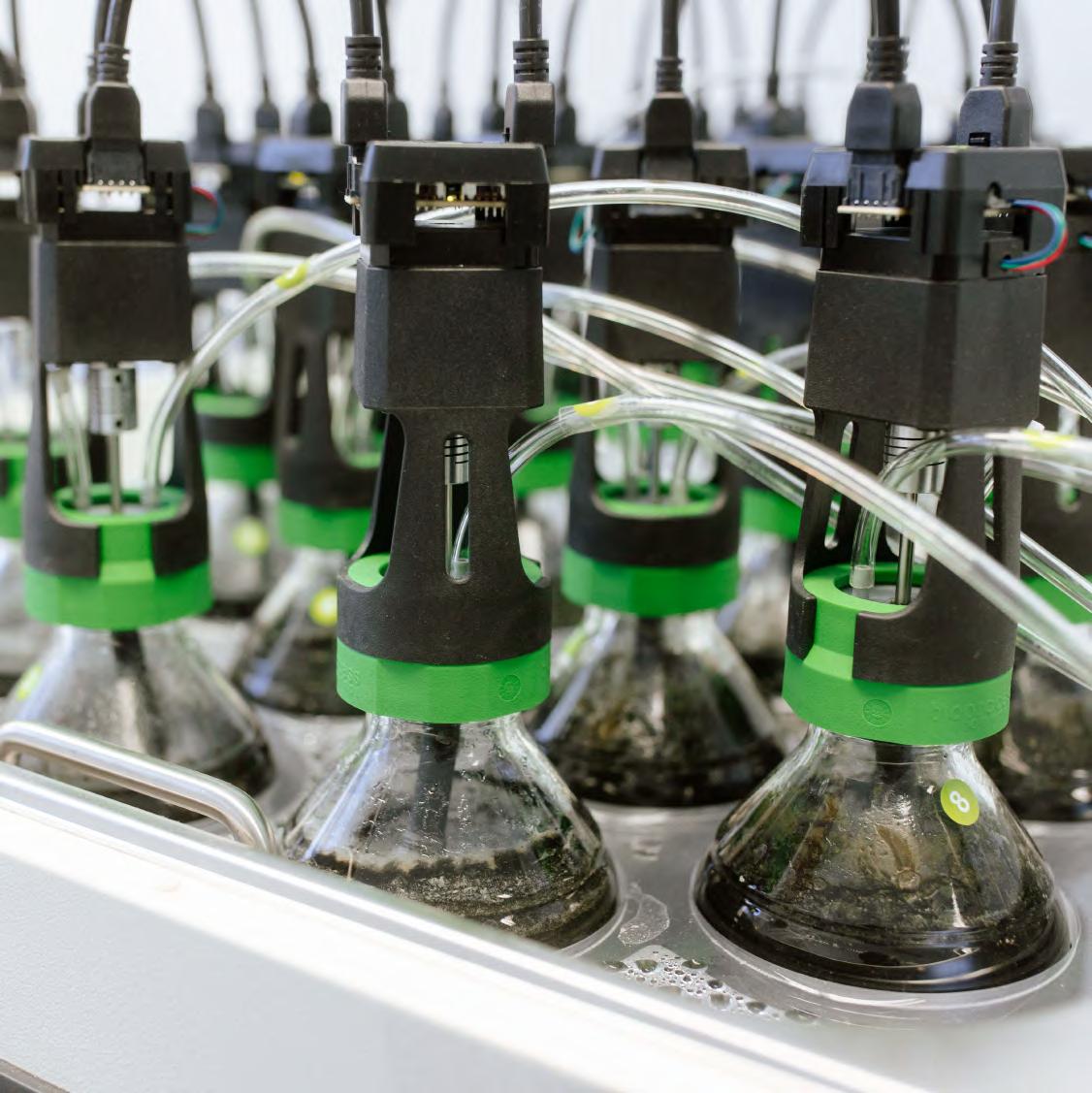
CARTIF's Circular Economy area seeks to transform the traditional production and consumption model, replacing the linear approach with a circular one that promotes a zero-waste philosophy. Its research team specializes in the sustainable management of waste streams and byproducts, in addition to exploring new product alternatives that incorporate this approach.
1. Design and development of biological processes for organic waste treatment: anaerobic (co)digestion with/without pre-treatment, microalgae, dark fermentation and bio-electrochemical processes.
2. Development of separation/upgrading technologies for gaseous mixtures
3. Design and development of thermochemical processes for the treatment of organic waste (biomass and plastics).
4. Design of residues pretreatment strategies (lignocellulose and others).
5. Development of depolymerisation of plastics processes: obtaining monomers and gases.
6. Development of composite valorisation technologies: fibre recovery.
7. Recovery of nutrients of residual currents and second life cycle as fertilizers (struvite, digestate, biologically stabilised manure).
8. Reuse of water: advanced treatments for the removal of emerging and recalcitrant pollutants.
9. Research on metal recovery processes from batteries, brine, electronic and other waste streams and equipment.

The ECLOSION project aims to research and develop innovative solutions for the generation, management and utilisation of green hydrogen and bio-methane from bio-waste. These solutions has been implemented at pilot scale in laboratories and living labs located in Salamanca, Valladolid, Lleida and Jerez de la Frontera (Spain).
Laboratory-scale gas separation trials have achieved methane (CH4) concentration of 85% from initial mixtures of 60% CH4/40% CO2, and a hydrogen (H2) purity of 74% from mixtures of 60% CO2/40% H2.
At the biogas upgrading plan available at the Salamanca Wastewater Treatment Plant (WWTP), tests have been conducted using different solvents to separate CH4/CO2 mixtures. The results indicate methane concentrations of 82% with distilled water, 70% with tap water, and 97% with 2.5M NaOH. While tap and distilled water allow CO2 recovery for other processes, NaOH converts CO2 into sodium carbonate, a compound with industrial applications such as in sugar production.
CDTI Science and Innovation Missions
Total project budget: 6,671,969 €
CARTIF budget: 341,500 €
Nº Partners: 8
The ECOVITA project aims to develop an innovative technical process for the production of high-quality organic fertilisers from digestate –that is, anaerobically treated organic wastewith the objective of recovering essential nutrients such as phosphorus and nitrogen for conversion into struvite (MgNH4PO4-6H20) and ammonium sulphate ((NH4(2SO4))..
To achieve this, the project’s research team sill design an efficient production process based on crystallisation and stripping technologies, evaluated from technical, economic, and environmental perspectives. Efforts will focus on producing fertilisers in various formats, ensuring their suitability for agricultural sector application.
CARTIF’s tea mix currently engaged in the initial characterisation of the digestate stream to enable de design and development of a comprehensive nutrient recovery process. Additionally, within the project framework, a pilot plant will be constructed to scale up these trials to real-word scenarios and validate the process viability.
The implementation of this technology will advance the manufacture of organic fertilisers, contributing to resource-use efficiency and strengthening the sustainability of agricultural sector.
ICE Projects · 04/10/VA
Total project budget: 939,928.74 €
CARTIF budget: 333,307.70 €
Nº Partners: 3 Competitive call

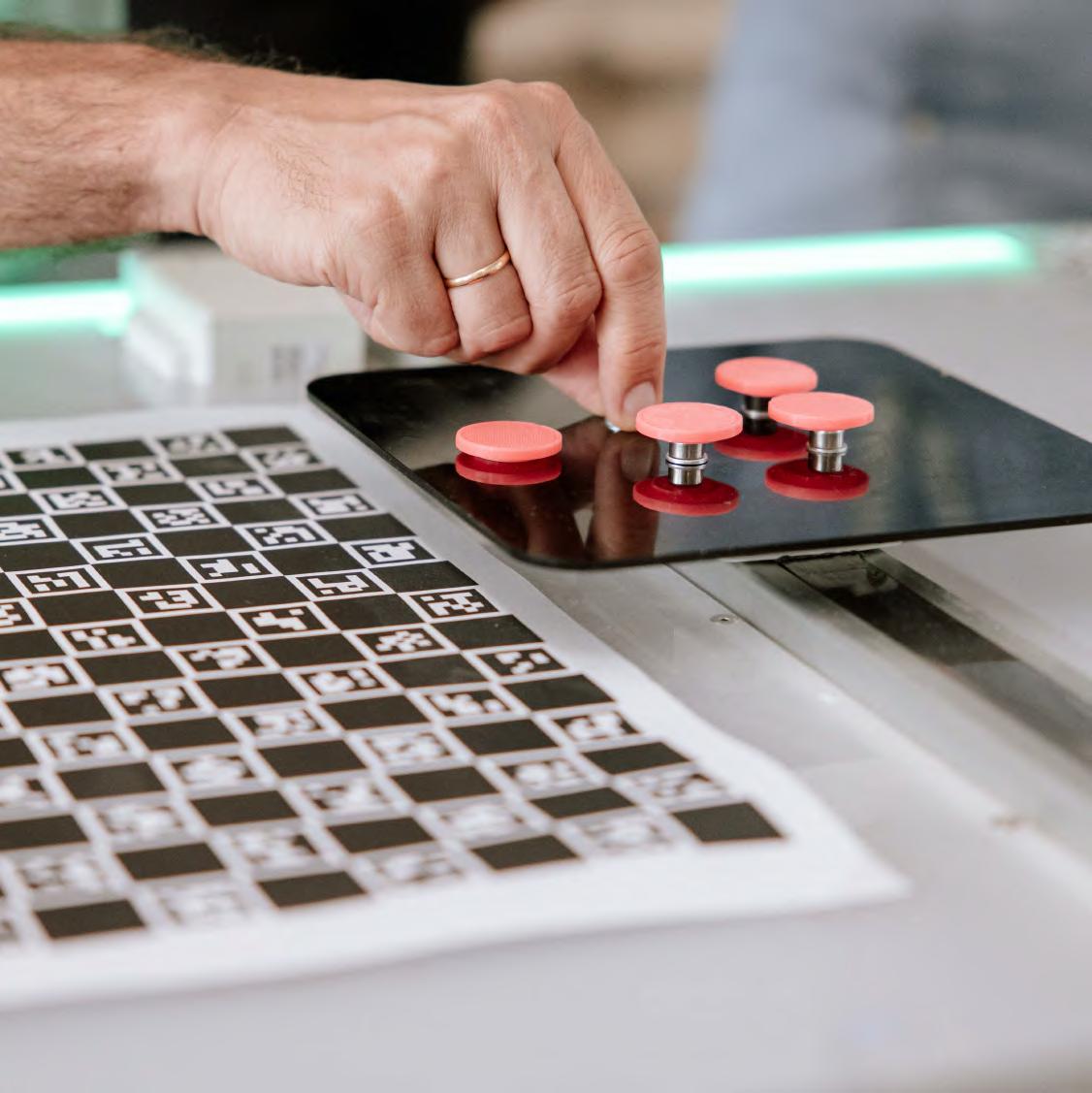
// INDUSTRY 4.0
Aligned with the principles of the Industry 4.0 paradigm, this Research Area at CARTIF play a key role as a technological transfer agent within the productive sector. Its team focuses on the development of innovative enabling technologies that support companies in advancing their implementation across industrial settings.
With the aim of promoting the “factory of the future” concept, CARTIF’s Industry 4.0 Area works on solutions that help companies optimise their production processes, ensure efficient interconnection among all stakeholders involved in manufacturing, and achieve effective end-to-end value chain management (including suppliers, customers, logistics, etc.).
1. Research on modelling and diagnosis in predictive maintenance of actives under varying operation conditions.
2. Research in prediction of actives life cycle models under constant operating speeds.
3. Development of data acquisition systems for the supervision of processes.
4. Development of new sensors addressed to IoT.
5. Optimisation of operations management in manufacturing.
The LIXIV-IA project proposes the development of advanced solutions based on Artificial Intelligence (AI) and Big Data to optimise the operation of autonomous containerised plants dedicated to the treatment of leachates from different origin, such as municipal solid waste and wastewater.
In this context, the CARTIF team has undertaken the digitalisation of a leachate treatment plant through the implementation of new sensors and the enhancement of data acquisition systems, enabling remote connectivity and real-time monitoring. Furthermore, the team has developed advanced models of evaporation-condensation and forward osmosis processes using AI techniques, which has allowed for performance optimisation and improved treatment efficiency.
The results obtained have led to a 15% increase in plant performance, reaching an optimal operating point. This has made it possible to maximise energy efficiency and optimise the purification process, achieving the highest volume of treated water with the lowest possible energy consumption.
Project funded under the Innovation and Sustainability Support Programme for the Manufacturing Industry, within the framework of the Spanish Recovery, Transformation and Resilience Plan 2022 · IDI-050200-2022-8
Total project budget: 224,422 €
CARTIF budget: 93,499 €
Nº partners: 1

The ARISE project aims to develop resilient, sustainable, and human-centred working environments within the framework of Industry 5.0. Its main objective is to enhance collaboration between humans and robots in industrial processes by driving innovation in Human-Robot Interaction (HRI). To achieve this, the project will implement advanced tools and software modules, which will be deployed across four testbed facilities and more than 20 industrial sites throughout Europe.
CARTIF, in addition to being the project coordinator, is leading the development and maintenance of the testbeds, the definition of HRI use cases, the configuration and validation of key technologies, and the creation of an open-source HRI toolkit.
In addition, the research team is working on the development of an experimental robotic cell for the disassembly of complex products, as well as the creation of demonstrators and tools designed to foster the adoption of HRI in industrial environments.
Horizon Europe · 101135787
Total project budget: 9,984,510 €
CARTIF budget: 511,875 €
Nº partners: 10
Competitive call

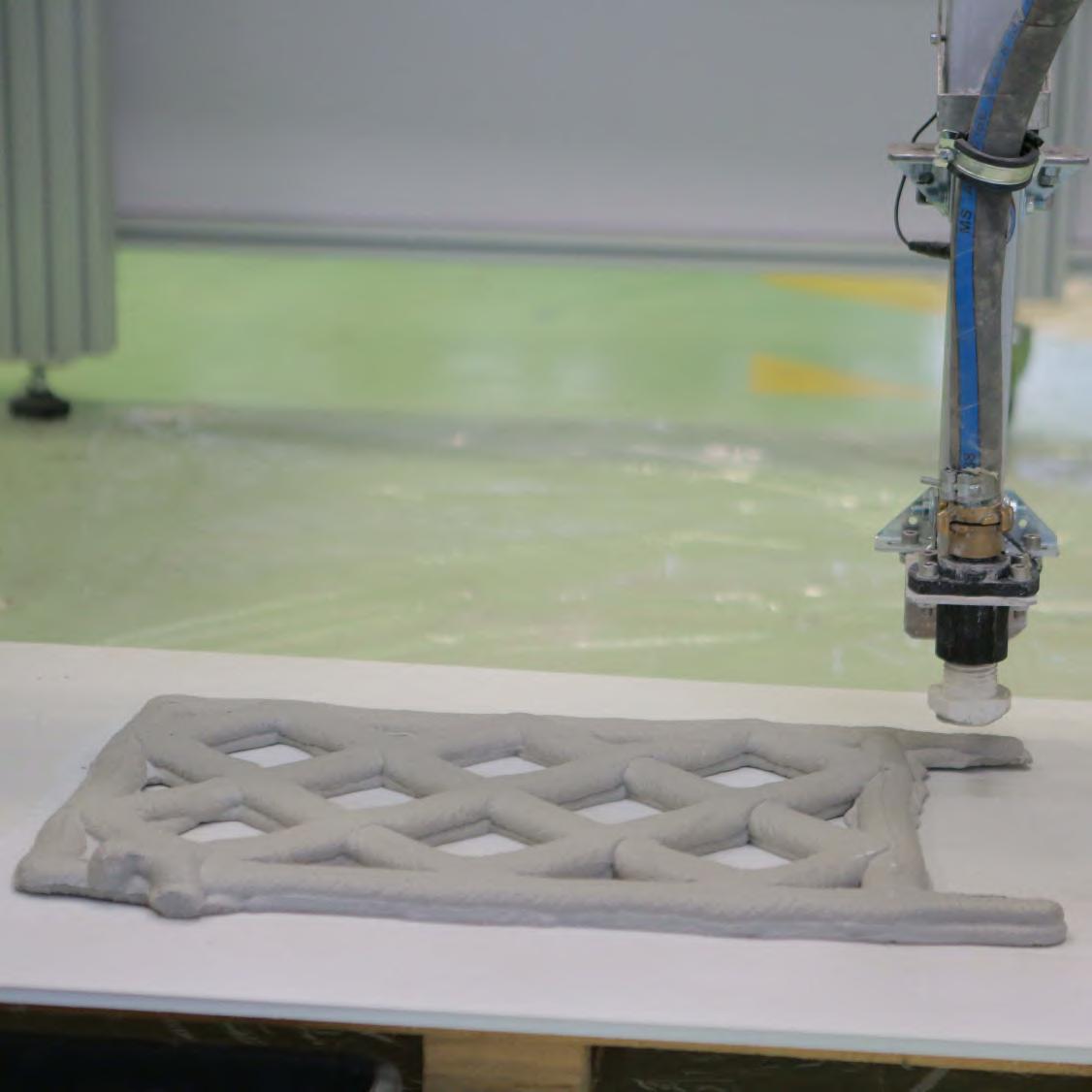
The CARTIF’s Infrastructures Area develops technological solutions focused on sustainable and smart construction, in order to address the evolving needs of the sector.
Its research team works on sensorisation and monitoring of infrastructures, integration of renewable energies in building, 3D technology in construction, IoT devices and networks, rehabilitation and preventive maintenance of buildings and the development of new materials with innovative properties
1. Development of AI based solutions for the support decision-making in construction.
2. Development of solutions for the improvement of structural health through vibration control.
3. Development of solutions of infrastructures digitalization
4. Development of robotic solutions, 3D data process and additive manufacturing for the construction sector.

The Metabuilding Labs project was launched with the aim of providing European SMEs in the construction sector with access to a network of test facilities to support the development of innovative solutions in building envelope technologies.
Within this framework, CARTIF has played a key role by leading the design and construction of the first O3BET (Open Source/Data/Acces) Building Envelope Testbench- a pioneering testbed conceived to assess the performance of building envelope components under both real-life and controlled conditions..
This experimental facility, built using an industrialised timber structure, is specifically designed to optimise energy efficiency and enable the testing of innovative elements –such as window, solar panels, or advanced insulation wall systems- under monitored environmental parameters. Unlike traditional testing carried out in conventional buildings, this system enables real-time monitoring of key physical variables (including temperature, humidity, wind, and solar radiation), which are integrated into a Building Information Modelling (BIM) environment to ensure precise evaluation and adaptability to changing solutions.
In addition to contributing to the commissioning of the facility and coordinating the testing plans, CARTIF has led the integration of new services and the development of best practise guidelines for the replication of this technology at seven additional European sites.
H2020 · H2020-MG-2018-2019-2020.
Total budget project: 6,564,892.50 €
CARTIF budget: 795,625 €
Nº partners: 40
Competitive call

The INPERSO project aims to transform the construction sector through the integration of innovative technologies and advanced processes. By incorporating cutting-edge technological components, such as phase change materials (PCMs), building-integrated photovoltaics (BIPV), solar windows, additive manufacturing, scan-to-BIM methodologies, artificial intelligence, among others, together with the benefits of prefabrication, pre-integration, and robotic 3D printing, the project seeks to achieve substantial reductions in construction time (>50%), costs (>25%), and waste generation (>40%)..
The project includes demonstration sites in Spain, the Netherlands and Greece, where pilot test will be conducted to assess a comprehensive approach to efficient building renovation and construction, aiming to enhance energy performance while mining environmental impact.
The research team at CARTIF will be responsible for developing a 3D printing system for building façades, through the integration of an extrusion printhead into an industrial robotic arm. This development will enable the seamless incorporation of refurbishment technologies into BIM workflows, fostering the creation of low-carbon renovation models.
Horizon Europe · nº 101069820
Total project budget: 9,141,455 €
CARTIF budget: 425,125€
Nº partners: 23
Competitive call

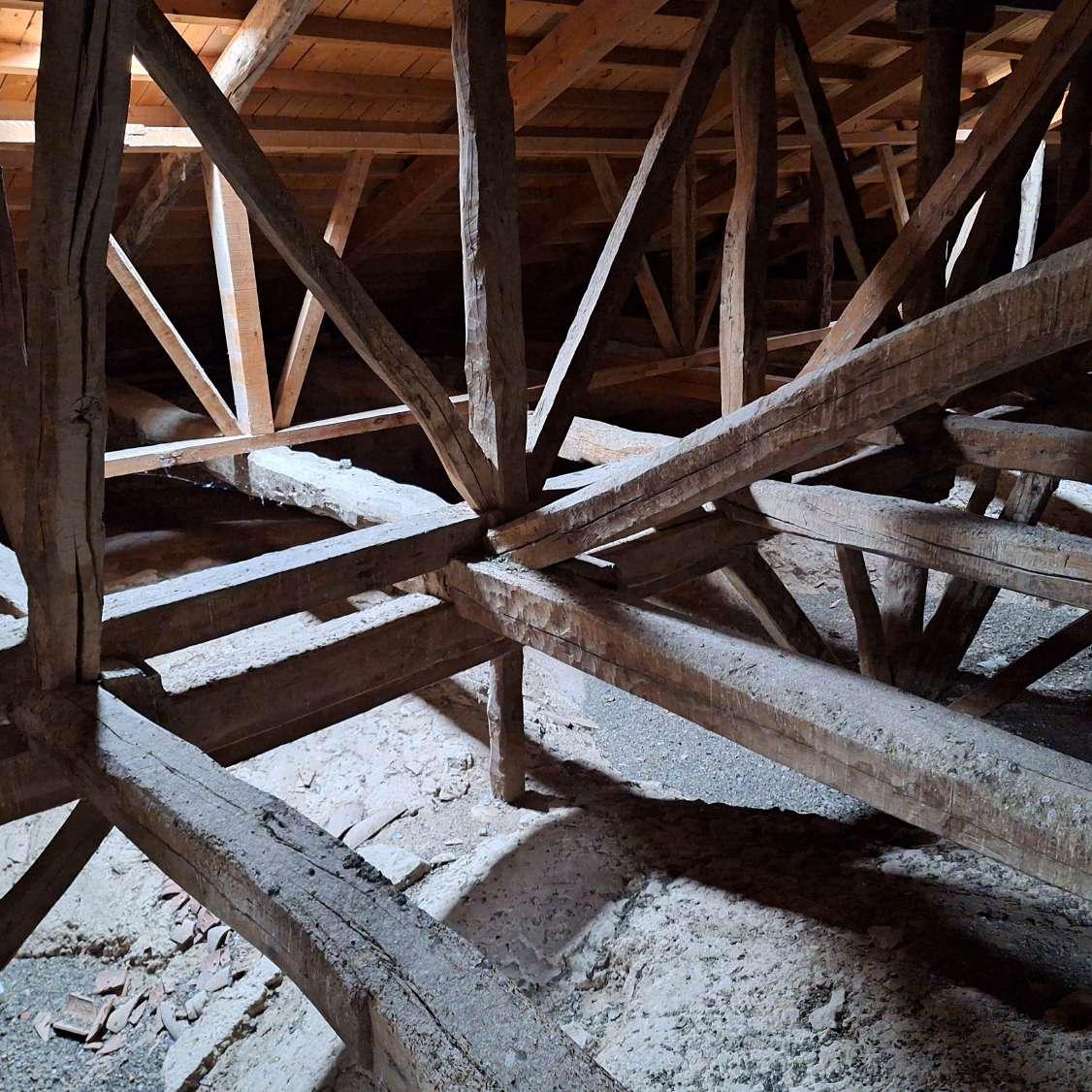
The Heritage Area has been active in this field for over 25 years, with the aim of safeguarding, conserving, restoring, and promoting Cultural Natural Heritage through the development of technological solutions. The application of innovation in this domain has played a role throughout the Centre’s history in supporting economic and social development, particularly in Castilla and Leon, a region exceptionally rich in heritage spanning from prehistory to the present today.
1. Development of solutions and customized studies of rural and urban regeneration based in cultural and natural heritage.
2. Development of solutions based in multiscale image processing and multispectral and 3D data.
3. Research in HBIM modelling and application of digital technologies for the natural and cultural heritage.
4. Research in new techniques for the cultural and intelligent tourism.
5. Developmennt of methodologies for the technical inspection of historic buildings and real state.

The TEXTOUR project was established with the overarching aim of enhancing cultural tourism across Europe through the development and implementation of innovative and sustainable strategies. Its principal ambition has been to formulate tourism models that not only stimulate economic development in lesser-know destination, but also contribute to the strengthening of social cohesion by promoting authentic experiences that respect an preserve local cultural heritage.
CARTIF has played a central role in the design and implementation of a comprehensive, three-tiered data architecture intended to monitor and validate the cultural tourism strategies deployed in these regions. This framework comprises:
1. Clearly defined objectives, which enable systematic tracking of strategy implementation.
2. Key performance indicators (KPIs), employed to assess the overall effectiveness.
3. Financial analysis, which quantifies the expenses incurred and the additional financing obtained in the deployment of the strategies.
This structure data framework offers an innovative, scalable, and methodologically robust approach for evaluationg the outcomes of cultural tourism initiatives.
TRANSFORMATIONS-04-2019-2020 · Nº 101004687
Total project budget: 3,816,125 €
CARTIF budget: 310,750€
Nº partners: 18
Competitive call
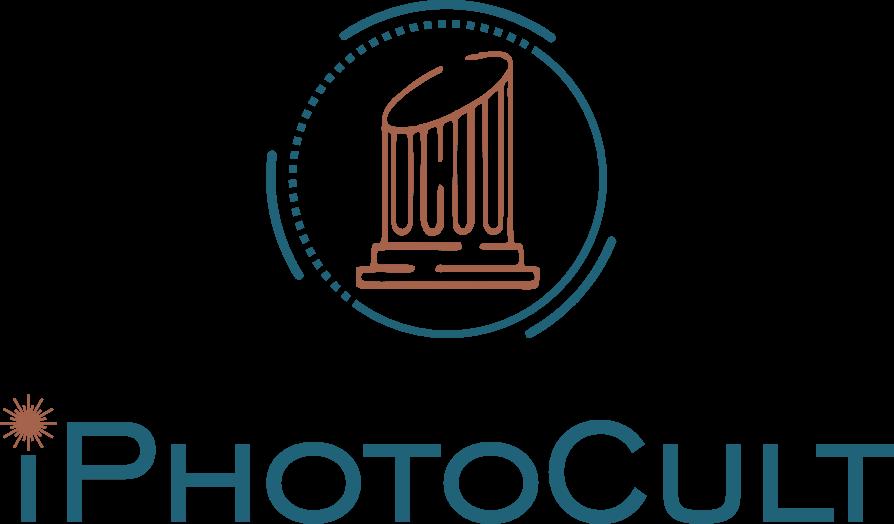
iPhotoCult project is devoted to the design, development and validation of innovative and sustainable photonic solutions for the preservation of cultural heritage. To this end, it will implement advanced diagnostic and monitoring tools, together with a cloud-based software platform (iSSP) that will enable the processing and visualisation of data, support predictive modelling, and apply analytical methodologies to safeguard heritage assets.
The project advocates the use of non-invasive technologies, integrating Artificial Intelligence to anticipate and predict the deterioration of cultural assets. This approach enhances conservation strategies, ensuring more efficient and forward-looking interventions in line with the values promoted by the New European Bauhaus.
Implementation will be carried out through nine pilot sites located in Spain, Greece, Romania, and Italy. Within this framework, CARTIF will take part in the Spanish pilot, the former Gothic Collegiate Church of Roa (Burgos), where structural mapping and analysis of the monumental will be conducted. In addition, CARTIF will develop an unmanned ground vehicle (UGV) to inspect built heritage located in areas with restricted access, thereby enhancing conservation strategies for these historically significant assets.
Total project budget: 3,997,268.75€
CARTIF budget: 313,125€
Nº partners: 14
Competitive call

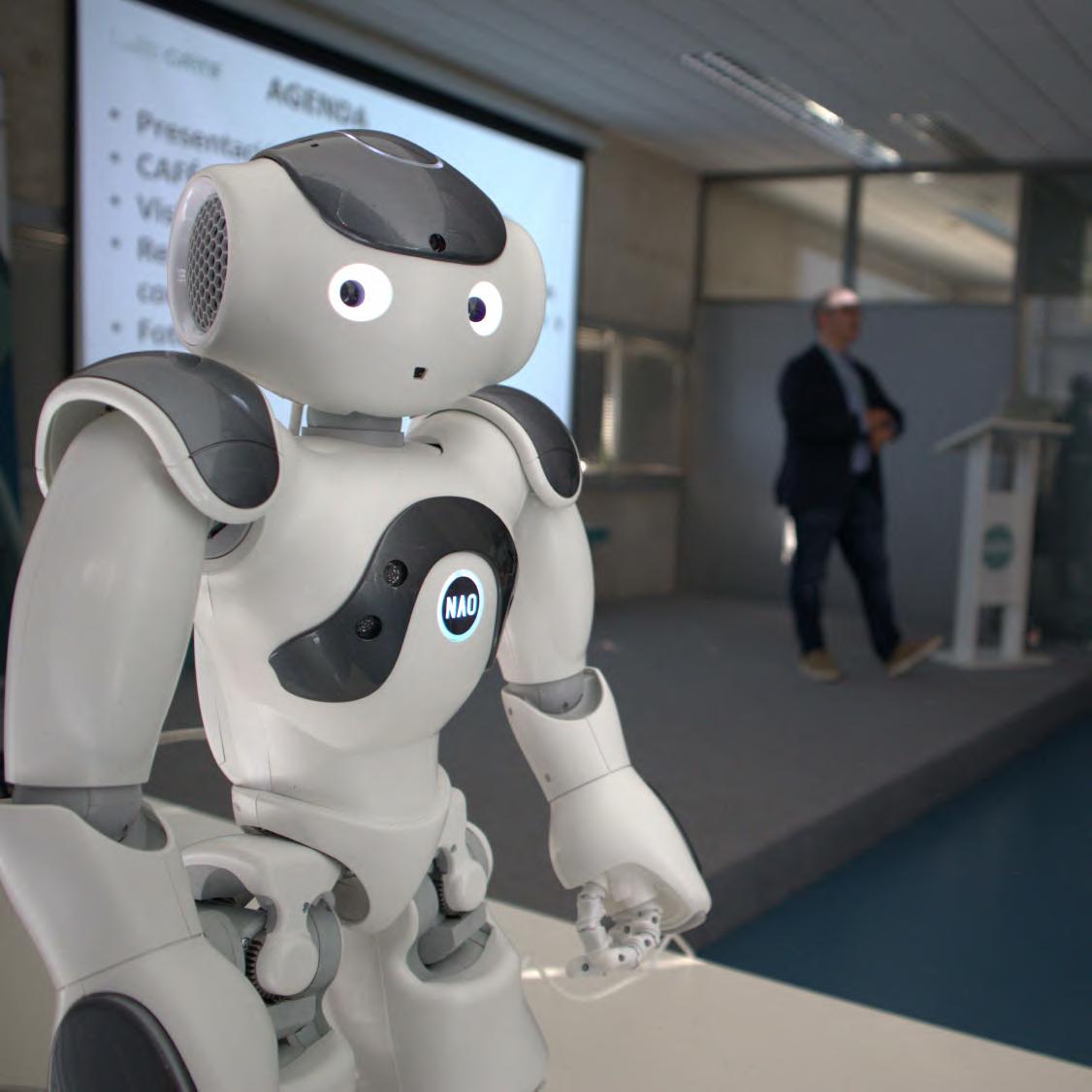
CARTIF’s Well-being and Health Area brings together nearly three decades of experience dedicated to enhancing quality of life and personal autonomy, with a particular focus on older adults, individuals in vulnerable situations, and those requiring varying degrees of supporting. Its work spans multiple domains of daily life, including nutrition, mobility, rehabilitation, and education.
The team’s research is structured around two principal lines. The first focuses on robotics, particularly on human-robot interaction (both social and physical) with the aim of developing innovative solutions to support social and healthcare services. The second line centres on decision support systems, designed to optimise the management of resources and processes within the socio-assistance sector.
1. Development of systems based in humanoid robots for social applications.
2. Development of robotic applications and integrated systems physical rehabilitation.
3. Development of digital enablers to improve socio-assistance processes.
4. Development of digital enablers to improve the management of socio-assistance processes.

ROSBAC project was launched with the mission of promoting active ageing among older adults and individual with dependency needs, through the integration of socio-bio-cooperative robotic devices into their living environments. This technological synergy has enabled robotic system to interact with users in a more natural and autonomous manner, incorporating both physical and emotional responses in a sophisticated way.
Following several years of research, the project successfully developed and constructed an innovative robotic device capable of physically engaging with users while adapting to their physical and emotional state in real time, with a certain degree of autonomy. In order to assess its impact, a pilot study was conducted in a geriatric setting involving elderly participants. The results were encouraging: participants experiences improved upper limb mobility as a result of physical therapy sessions, as well as enhanced mental agility derived from cognitive training interventions.
CARTIF budget: 177,500€
Nº partners: 2
Directo commission

EIAROB project was launched in response to a growing societal need to enhance the autonomy and quality of life of older adults and individuals with dependency needs. To address this challenge, the project has focused on the creation of an ambient intelligence ecosystem, in which social robotics serves as a supportive and reinforcing element within assisted living environments.
Research and development within EIAROB are structured around three key areas:
1. An intelligent monitoring system, capable of generating real-time alerts.
2. Robotic solution for home assistance, designed to support daily live activities.
3. An experimental observatory in Castilla and Leon (Spain), established to validate these technologies in real-world scenarios.
Throughout 2024, six robots have been deployed in private homes across Castilla and León (Spain). This deployed has enabled the collection of environmental data from residential setting, such as presence in different rooms among others.
EIAROB is funded by the Regional Ministry of Family and Equal Opportunities of the Government of Castilla and Leon
GSS-Next Gen Innovation Project
Total project budget: 4,000,000 €
CARTIF budget: 2,899,999.99 €
Nº partners: 4
Competitive call


CARTIF’s Industrial Solutions Area provides companies with innovative tools and strategies to enhance manufacturing efficiency and support the transition towards the factory of the future, in response to the growing demands of an increasingly competitive and dynamic market.
To this end, the Area focuses its efforts on flexible manufacturing solutions, intelligent production processes, collaborative robotics, and advanced automation. All activities are approach from a perspective of profitability and market positioning, ensuring tangible value and impact for clients.
1. Development of design and prototypes of new mechanic and structural systems.
2. Development of user support solutions for assembly lines based on the Poka Yoke system.
3. Development of new solutions in artificial vision for the control of quality at the industry based in Deep Learning.
4. Development of assistance systems for the collaborative robotic, such as AI modules of task management based in physical and metal charge.
5. Development of new controllers for the optimization of control systems through the advance automatic control of processes.
6. Development of solutions for the digitalization of information provided by plant operators.
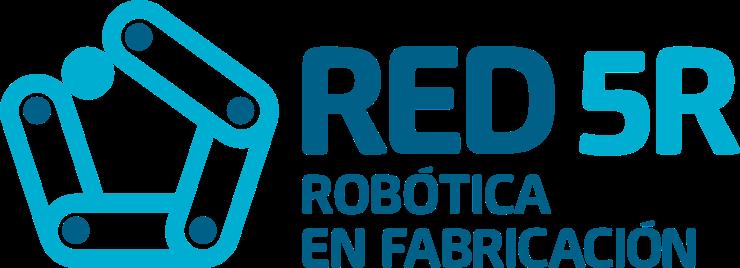
The 5R Network, (Red CeRveRa de tecnologías Robóticas en FabRicación Inteligente), was established with the misión of creating a collaborative ecosystem to promote the development and adoption of advanced robotic technologies within the manufacturing sector in Spain.
The networks stems from a stratergic alliance among five leading technology centres –AIMEN, CATEC, Eurecat, Tekniker and CARTIF- aimed at launching a joint, synergistic project to strengthen their capabilities and generate applied knowledge. Within the framework of the initiative, five pilot factories have been developed, each hosting demonstrators based on robotic technologies.
CARTIF has launched its own pilot factory for the integration of robotic technologies in industrial environments. In this space, the centre has developed up to 15 in-house demonstrators and tested six applications provided by other partners. This pilot facility has served as the project’s main hub, hosting events, training sessions, and dissemination activities that have attracted around 150 companies.
• A significant increase in direct commission in the field of robotics, totalling €2.45 million
• A boost in CARTIF’s international positioning, leading to the generation of new European project proposals involving a wide range of Spanish companies.
Cervera Technological Centres 2020 Programme · CER-20211007
Total project budget: 3,993,282 €
CARTIF budget: 780,925 €
Nº partners: 5
Competitive call

HUMAIN, led by CARTIF, focuses on industrial research and the creation of synergies across two key uses cases within complex production processes: additive manufacturing of metal components and their post-processing, and collaborative robotics in logistical tasks, such as automated palletising in warehouse environments.
To drive these technologies forward, the project integrates Artificial Intelligence (AI), the Internet of Things (IoT), and computer vision, with the aim of fully digitising manufacturing processes to make them more versatile, efficient, and environmentally sustainable. Its main objective include:
• Optimisation of energy consumption in industrial settings.
• Enhancement of efficiency across the business value chain.
• Digitalisation of operational conditions to increase productivity.
• Reduction of waste generated by industrial activities.
CARTIF’s team will take on key responsibilities within the project, such as risk and threat analysis, implementation of intelligent services, and research on traceability mechanisms in decentralised production palletising and AI-based tools for anomaly detection in traceability systems, contributing to a safer, more efficient production model aligned with the principles of Industry 5.0.
CDTI Science and Innovation Mission Programme
Total project budget: 2,148,420 €
CARTIF budget: 145,784.36 €
Nº partners: 7

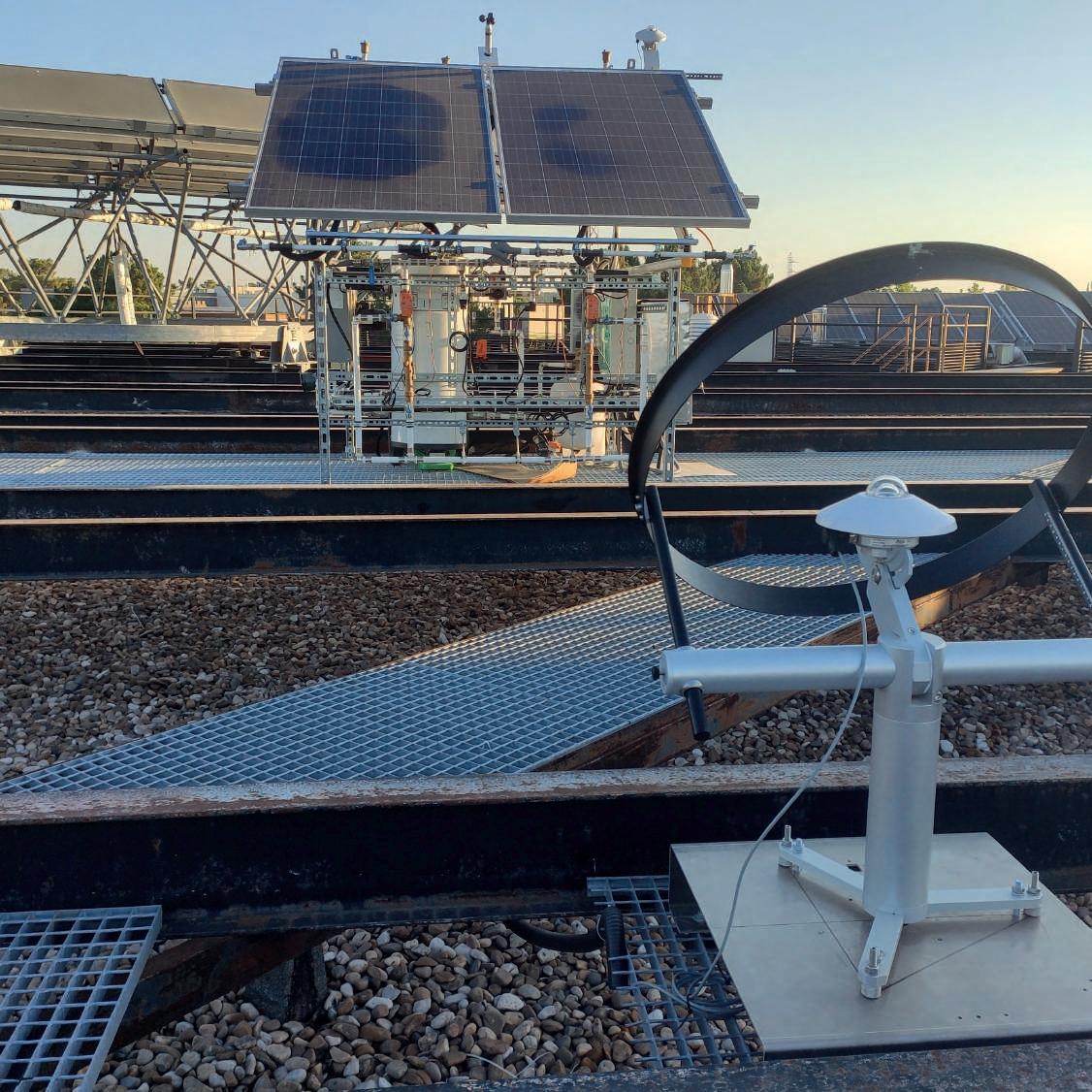
CARTIF’s Energy Systems Area focuses on the hybridisation of technologies and the development of integrated solutions for renewable energy generation at various scales. Its works is centred in the optimisation of district heating and cooling networks, improving the operation of generation, distribution, and consumption systems, while also harnessing the potential of industrial waste heat recogery.
The research team in this area enhance the communication and operation of renewable energy plants, particularly through the detection and diagnosis of faults in electrical networks within power generation or industrial facilities. In addition, the team is developing innovative solutions for the integration of hydrogen as a key energy carried in the global transition towards decarbonisation
1. Research in hybrid strategies of renewable systems.
2. Development of advance technologies of production, storage and distribution of H2.
3. Research at the application of fuel batteries in residential microgeneration.
4. Development of advance strategies of hybrid generation systems and management of heat grids of low temperature.
5. Development of recovery and valorisation of residual heat strategies in industrial processes.
6. Development of industrial digital twin and energy optimization of industrial processes.

The H24NewAge network was established with the objective of developing advanced technologies for the production, storage, and distribution of hydrogen, while promoting its industrial transfer to support the emergence of the hydrogen economy in Spain.
With the framework of this initiative, significant progess has been made in the development of hydrotalcite-derived catalysts, which have demonstrated substantial improvement in the dry reforming of methane, enhancing catalytic performace while reducing process costs. Regarding hydrogen production, advances have also been achieved in dark fermentation and gas separation techniques, although certain technical challenges remain and will need to be addressed in future studies to further optimise the process.
One of the project’s key milestone has been commissioning of a test bench used to validate a control system capable of enhancing the integration of renewable energy sources and reducing dependence on the power grid. In parallel, analysis of waste heat recovery in PEM fuel cells has identified hey opportunities for improving energy efficiency in micro-cogeneration applications.
Finally, the projects assessment of hydrogen’s role in the Spanish energy system highlights its strong potential as a viable alternative for decarbonisation, supporting the transition towards a more sustainable energy model
Cervera Technology Centres 2020 · CER-20211002
Total project budget: 3,850,796 €
CARTIF budget: 596,569 €
Nº partners: 4
Competitive call
META BUILD project was launched to drive the decarbonisation of the construction sector and the European housing stock through the electrification and digitalisation of buildings. To this end, the research team is developing innovative solutions based on heat pump technologies, integrated with renewable energy sources and storage sytems, with the aim of optimising energy consumption and reducing carbon emissions.
The project adopts a whole-lyfe-cycle approach, ensuring energy efficiency through intelligence energy management systems that promote sustainable energy use and facilitate widespread adoption across different buildings typologies.
CARTIF plays a key role in the project, contributing to several strategies actions:
• Modelling innovative solutions, assessing their technical and economic viability prior to implementation.
• Defining key performance indicators (KPIs) to evaluate impact in terms of energy efficiency and sustainability.
• Developing proactive maintenance strategies, aimed at optimising system performance and extending service life, to ensure the effectiveness and replicability of the project outcomes.
Horizon Europe · 101138373
Total project budget: 12,499,988.13 €
CARTIF budget: 491,250 €
Nº partners: 39
Competitive call


ENERGY EFFICIENCY
CARTIF’s Energy Efficiency Area focuses on the design and maintenance of buildings in both new construction and renovation projects, including nearly zero-energy buildings (nZEBs) and positive energy districts. The research team integrates innovative technologies to model, characterise, and develop advanced solutions that incorporate the latest technological advancements available on the market.
In addition, the area’s ICT developments enable more efficient building management through the modelling and digitalisation of building information, and by implementing advanced control strategies that optimise the use of energy resources while improving indoor comfort conditions.
1. Research in advance and intelligent strategies for the management, operation and maintenance of buildings based in AI/ML/DL for the generation of decision support systems.
2. Application of digital enabling technologies for the improvement of buildings sustainability and intelligence.
3. Building digitalization and generation of digital twins.
4. .- Applications of blockchain technology in the energy area.
CBIM is a European training network focused on cloud-based Building Information Modelling (Cloud BIM). The consortium brings together five leading universities (Technion Israel Institute of Technology, Universidad Católica San Antonio de Murcia, University College London, University College Dublin, Technische Universität Berlin), two software companies (Trimble, LocLab Consulting) and one research centre (CARTIF) to offer PhD programmes based on curring-edge research in this emerging field.
The main objective of the project is to train researchers specialised in the development of innovative and disruptive BIM technologies that enable the automation of digital twin generation and enrichment. These solutions aim to improve the management, safety, and resilience of BIM-enabled processes, while also promoting their adoption in the industry by leveraging and exploiting the knowledge generated through research activities.
As part of the project, CARTIF has hosted and trained one of the researchers for a three-year period on the topic “New Methods and Tools for Cloyd BIM Enrichment”. The work has focused on integrating design, construction, and operation data into the foundational biometrics of Cloud BIM, with the goal of optimising energy performance simulations in buildings and improving facility management processes.

INHERIT project was launched with the aim of developing sustainable, inclusive, and resource-efficient solutions for the preservation of Cultural Heritage, by combining Information and Communication Technologies (ICT) with the Internet of Things (IoT), Artificial Intelligence (AI) and Big Data. These technologies will be applied to improve the full life cycle of heritage buildings, from design to long-term conservation.
INHERIT will implement these solutions across eight heritage sites in the European Union. The Spanish pilot site is the Monastery of Nuestra Señora del Prado in Valladolid, where CARTIF will not only lead the implementation, but also focus on optimising the site’s overall energy efficiency, balancing economic feasibility with respectful historical preservation.
CARTIF also leads several strategic initiatives within the project, including the development of a unified EU-wide approach to digital inspection of heritage buildings using H-BIM (Heritage Building Information Modelling). Additionally, CARTIF is developing an assessment framework for evaluating energy efficiency, accessibility, and climate resilience in heritage structures. The Centre is also working on the design of preventive maintenance services and the creation of climate impact scenarios to better understand and address the threats posed by climate change to cultural heritage.
Horizon Europe · 101123326
Total project budget: 4,999,937.50 €
CARTIF budget: 437,875 €
Nº partners: 19
Competitive call


CARTIF's Smart Cities area supports, assists, and collaborates with cities on their journey toward energy transition in the medium and long term (2030-2050) through strategic plans, such as the Sustainable Energy and Climate Action Plans.
Its research team helps cities deploy solutions based on urban platforms, fostering interoperability between city infrastructure and seeking informed decision-making by applying advanced machine learning and Big Data technologies. It also promotes the deployment of urban mobility solutions that are less harmful to the environment.
1. Research over urban platforms based in open specifications including support decision-making systems.
2. Research and development of urban indicators system.
3. Development of methodologies and tools for the design of urban transformation strategies in cities.
4. Research in new governance methods.
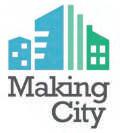
The MAKING-CITY projecta has addressed urban transformation through the Positive Energy Districts (PED) concept, promoting the integration of sustainable and renewable energy solutions within the urban environment. As lighthouse cities, Groningen (The Netherlands) and Oulu (Finland) have led the implementation of approximately 100 initiatives, focusing on building energy retrofitting, the adoption of solar, geothermal, and other renewable energy sources, and encouraging active citizen engagement.
The project also involved six follower cities –León (Spain), Bassano del Grappa (Italy), Kadiköy (Türkiye), Vidin (Bulgaria), and Lublin (Poland)- which have replicated strategies and best practices to support their own energy transition efforts.
Within the framework of MAKING-CITY, over 60,000 m2 of buildings have been retrofitted, with 80% of their energy demand covered by renewable sources. The deployment of energy storage sustems and district heating networks has played a key role in optimising overall energy management.
This project stands as a benchmark in the transition to a more sustainable energy model, with a strategic vision aligned with the 2050 climate goals. Its innovative approach contributes to enhancing the climate resilience and energy efficiency of the participant’s cities, laying the groundwork for replication in other urban context.
H2020 · H2020-SCC-2018 – GA 824418
Total Project Budget: 20,1 M €
CARTIF Budget: 520,512.50 €
Nº Partners: 34
The MOBILITIES for EU project, led by CARTIF, aims to transform current urban mobility systems for both people and goods by implementing a range of solutions centred around electrification, automation, and connectivity. The project’s implementation is focused in two European cities –Madrid (Spain) and Dresden (Germany)- where 11 pilot actions and 27 innovative solutions aligned with these strategic pillars will be deployed.
Since the project’s launch, significant progress has been made in Madrid, particularly in defining the specifications of autonomous vehicles that will operate in Mercamadrid, the largest wholesale and logistics platform for fresh food in Spain and one of the most important in Europe. The project has also advanced in identifying infrastructure requirements to ensure a connected and efficient mobility system. In parallel, planning has begun for the electrification of the city’s urban bus fleet, including the installation of hydrogen refuelling stations to support the integration for these vehicles into the public transport system.
In Dresden, efforts have been focused on the implementation of autonomous delivery robots and self-driving vehicles to optimise urban logistic. Plans have also been developed to deploy a 5R network specialised in connected mobility, enabling improved communication between vehicles and infrastructures. Additionally, strategies have been defined for the optimisation of both energy and digital infrastructure to support the city’s mobility transformation.
Horizon Europe · 101139666
Total Project Budget: 28,945,012.89 €
CARTIF Budget: 1,110,650 €
Nº Parterns: 34
Competitive call

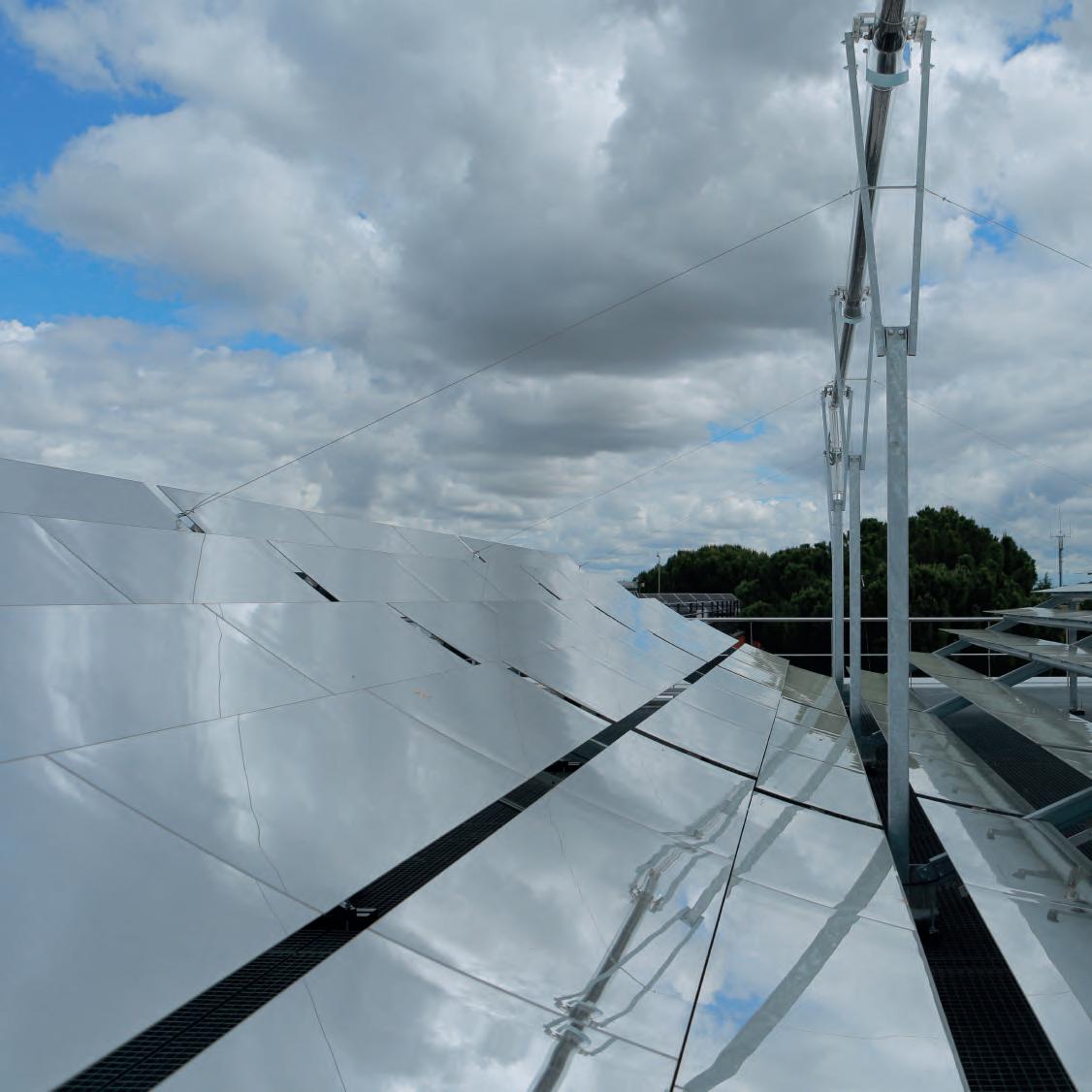
CARTIF’s Energy and Climate Policy Area works closely with public entities to support the implementation of policies in these fields, with the aim of evaluating urban and territorial planning strategies and developing tools that assist in the decision-making process. To achieve this, the research team leverages georeferenced data from public databases, producing GIS maps and geolocated studies at varying levels of spatial detail.
The development of Integrated Assessment Models (IAMs) allows the team to contribute to the definition of more effective climate and energy policies, enhancing territorial planning at both national and European levels.
1. Research and development of integrated evaluation models for the support at the definition of policies in climate change and energy transition matter.
2. Development of advance climate services for the support at the definition and evaluation of mitigation and adaptation strategies.
3. Development of advanced climate services for multi-scale energy planning (building or region) taking into account climate change.

As part of the OCEANH2 Misiones project a Life Cycle Assessment (LCA) was conducted on the offshore green hydrogen production system developed within the initiative. The objective was to evaluate the environmental performance of its various subsystems across different scales and configurations. The system included components such as photovoltaic solar generation, floating offshore wind turbines, electrolysers, offshore storage solutions, and monitoring systems, with the aim of assessing it overall environmentally viability.
The results indicate that the OCEANH2 scenario achieves an 89% reduction in emissions compared to a baseline scenario with no energy policy interventions. Furthermore, its integration into the Spanish Natioanl Integrated Energy and Climate Plan (PNIEC) leds to a 12% decrease in energy curtailment and a 4% reduction in emissions.
In addition, the sensitivity analysis suggests that reducer capital expenditure (CAPEX= through subsides would incentivise greater investment in the technology. From an environmental perspective, hybrid plants combining wind, solar, and electrolysis exhibit a 15% lower environmental footprint compared to sonar-only systems, while configurations using wind and electrolysis alone achieve an 18% reduction, respecting the most favourable environmental scenario.

The CLIMRES project aims to enhance the climate resilience of buildings against extreme weather events such as heatwaves, floods, wildfires, and earthquakes. To achieve this, the project will develop vulnerability assessment methodologies, identify innovative architectural solutions, and popose technological tools to support climate risk management decision-making. These solutions will be implemented and evaluated through three large-scale pilot sites located in Spain, Greece, Italy and Slovenia, as well as a replicator pilot in France.
Beyond the development of new materials and retrofitting strategies to strengthen existing infrastructure, the project will also deliver a digital platform based on Artificial Intelligence (AI) to optimise data management and the planning of resilience measures.
CARTIF plays a key role in the project by coordinating the validation of solutions in urban environments. Its main contributions include the implementation of a decision-support system to mitigate the effects of heatwaves in Barcelona (Spain), and the development of strategies to integrate resilience measures into public policies.
Total project budget 4,999,994.50 €
CARTIF budget: 307,500 €
Nº partners: 21
Competitive call


CARTIF’s Smart Grids Area focuses on the research, development and transfer ofavanced system for the optimal planning and operation of electrical networks equipped with renewable energy generation, energy storage, and controllable loads, such as electric vehicle charging infrastructure.
The area also Works on the characterisation, forecasting, and management of demand-side flexibility in both residential and industrial settings. These capabilities are aimed at enabling the provision of ancillary services to distribution networks and supporting demand-side participation in sustainable energy markets.
1. Research in advance control algorithms for the optimal planification of hybrid energy grids (sector coupling), distributed and with storage.
2. Research in control algorithms for the flexibility demand, demand response and its participation in markets.
3. Research in algorithms for the observability and reconfiguration of the electric grid (resilience).
4. Research in tool for the management of energy communities.
5. Research in advance and intelligent strategies for the management, operation and maintenance of buildings based in AI/ML/DL for the generation of support decision making systems.

CERFLex project has addressed the management of energy flexibility in rural communities, integrating blockchain technologies and machine learning to optimise peer-to-peer energy exchange.
• Development of a blockchain-based energy exchange system: a prototype was implemented to ensure secure and transparent transactions among community members, enabling the decentralised management of energy resources.
• Control of flexibility electrical loads through reinforcement learning: algoriths were designed to efficiently manage devices such as air conditioners and heat pumps, adapting their consumption to energy availability and grid requirements.
• Demand flexibility forecasting: predictive models were developed to anticipate demand-side response capabilities, taking into account variables such as weather conditions and usage patterns, thereby improving grid planning and stability.
• Validation in real-life environments: the proposed solutions were tested in a Living Lab, replicating real conditions in real communities, which allowed for the refinement and validation of the developed tools.
These advancess position CERFLex as a leading example in the development of innovative solutions for decentralised energy management, contributing to the sustainability and efficiency of rural communities.
Ministry of Economic Affairs and Digital Transformation (MINECO) · 2021/C005/00147741
Total Project Budget: 578,042.96 €
CARTIF Budget: 106,621.42€
Client: 1

The D-HYDROFLEX project aims to modernise hydropower plants through the integration of hybrid systems that combine hydropower, solar energy, and hydrogen storage. With this innovative approach, the project consortium seeks to enhance grid flexibility, optimise the use of renewable resources, and reduce greenhouse gas emissions, thereby supporting the transition towards a more sustainable energy model.
As part of the project, various implementation scenarios have been evaluated, including:
• A hydroprowerplant integrated into a drinking water treatment facility: this model uses a Pump as Turbine (PaT) system to recover energy from a stable and continuous flow, thereby improving resource efficiency within the industrial sector.
• A medium-scale, seasonal hydropower plant in a dry tropical climate: equipped with a Francis turbine, this system allows for the storage and generation of energy during periods of a low water demand or grid injection restictions.
Europe · 101122357
Total Project Budget: 4,038,518.56 €
CARTIF Budget: 310,000 €
Nº Partners: 18
Competitive call
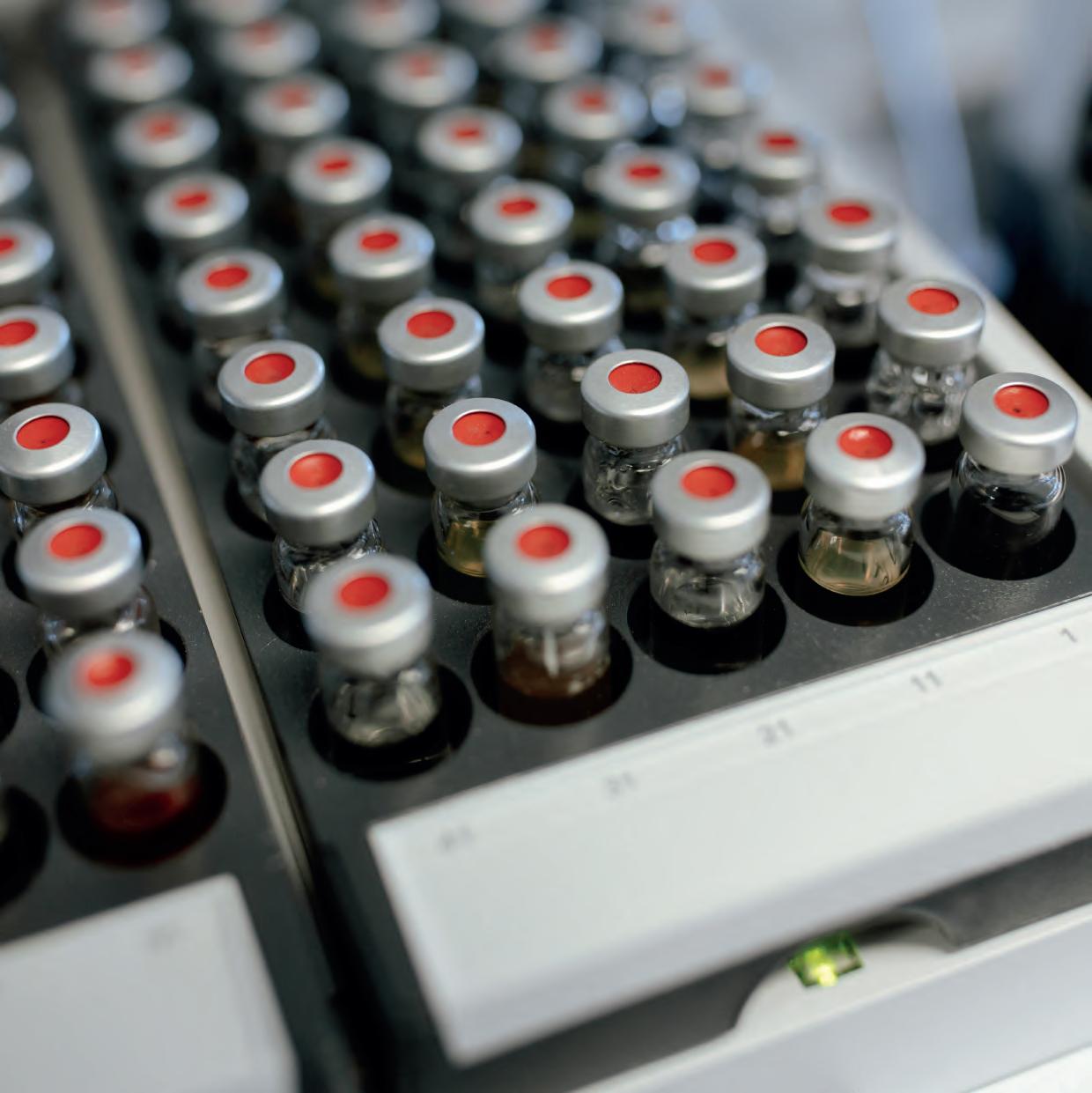
The Solid Biofuel Analysis and Testing Laboratory commenced its operations in 2005 with the aim of supporting the centre’s R&D initiatives related to the energy use of biomass.
A decade later, in 2015, it became the first laboratory in Spain to obtain ENAC accreditation (file nº 335/LE1276) for conducting test on solid biofuels.
At present, it remains the only laboratory in Spain to hold full ENplus® certification for wood pellets intended for non-industrial use (UNE-EN ISO 17225-2), officially recognised by the European Pellet Council (EPC) as an accredited entity for testing within certification processes.
CARTIF’S Materials Analysis and Testing Laboratory has extensive experience in the analysis and characterisation of a wide range of non-metallic composite materials, including adhesives, fibreglass, carbon fibre, peel plies, paints, sealants, varnishes, resins, polymers, and plastics. Its expertise spans critical and diverse sectors such as aerospace, automotive, construction, and textiles, among others.
The laboratory provides high-quality services in strict compliance with the standards stablished by ENAC accreditation (file nº 335/LE1276), AIRBUS and NADCAP. Furthermore, it holds both AIRBUS and NADCAP MERIT status, endorsing its excellence within the sector.
Physico-chemical test son plastic materials and composites.
Physico-mechanical test on plastic materials and composites.
Test on coatings (resins, paints and sealants).
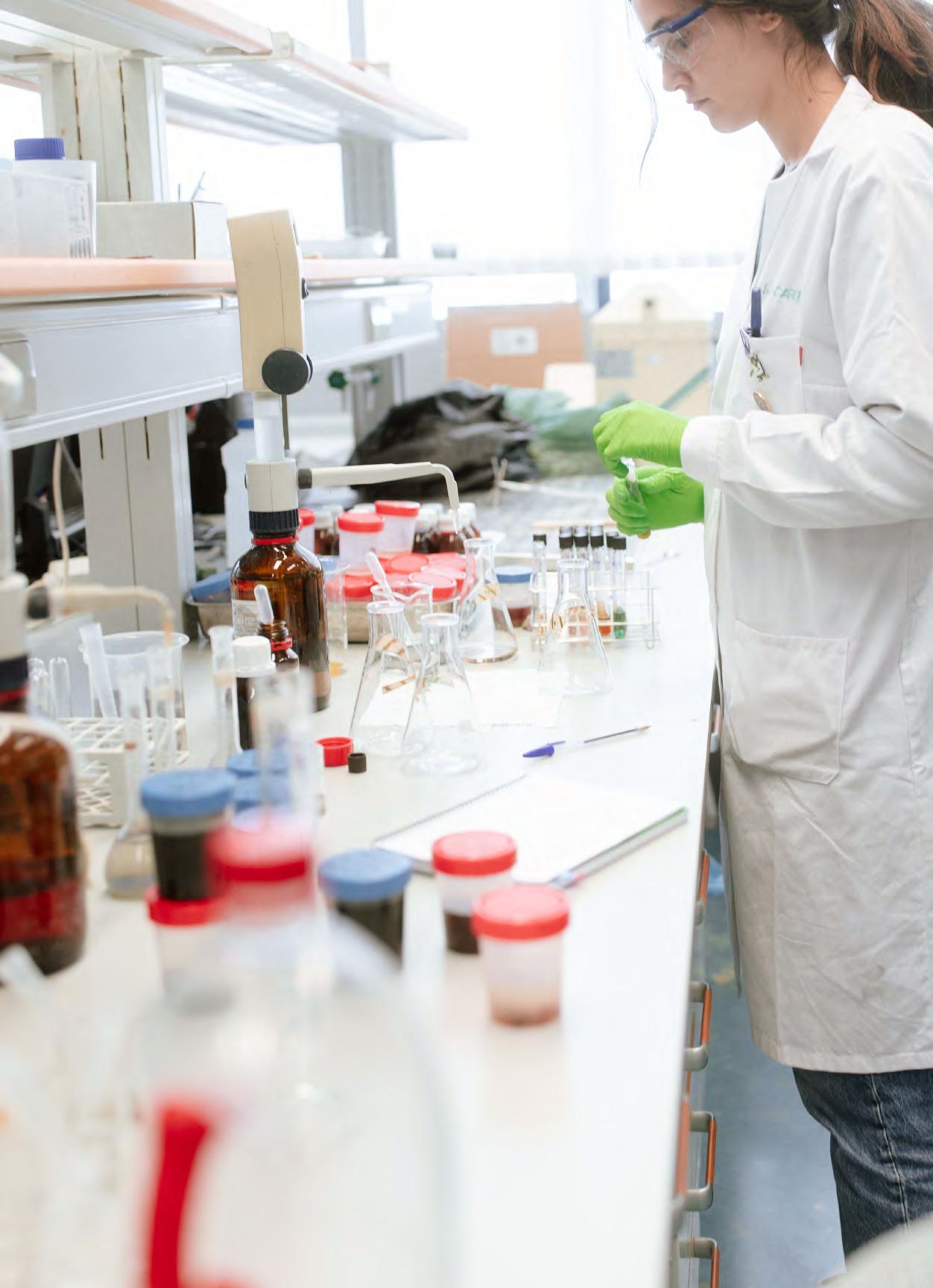
Photocatalytic Laboratory
Nature based Solutions Laboratory (NBS)
Agrifood Laboratory
Biotechnology Laboratory
Agro-forestry Laboratory
Water and Effluents Treatment Laboratory
Environmental Laboratory

30 YEARS TURNING INNOVATION INTO SOLUTIONS FOR BUSINESSES
Celebrating its 30th anniversary in 2024, CARTIF Technology Centre reaffirmed its position as a benchmark in research and technological development, under the motto “30 years of turning innovation into business solutions”. Three decades devoted to the development of technologies designed to improve business systems, processes, and products.
Founded in 1994 within the University of Valladolid under the name “Centre for Automation, Robotics and Innovation and Manufacturing Technologies”, the centre would later adopt widely recognised acronym CARTIF. The initiative was led by Professor José Ramón Perán, together with a group of faculty members from the School of Industrial Engineering at the University. Over the years, CARTIF has become a leading technology centre at the regional, national, and increasingly international levels.
Throughout its history, CARTIF has successfully navigated numerous challenges and demonstrated sustained growth. Today, it is home to a team of 226 researchers and researched an annual turnover of €14.3 million, stan ding as a key driver of technological progress and innovation for companies and institutional alike.
“ 30 years turning innovation into Solutions for Businesses”
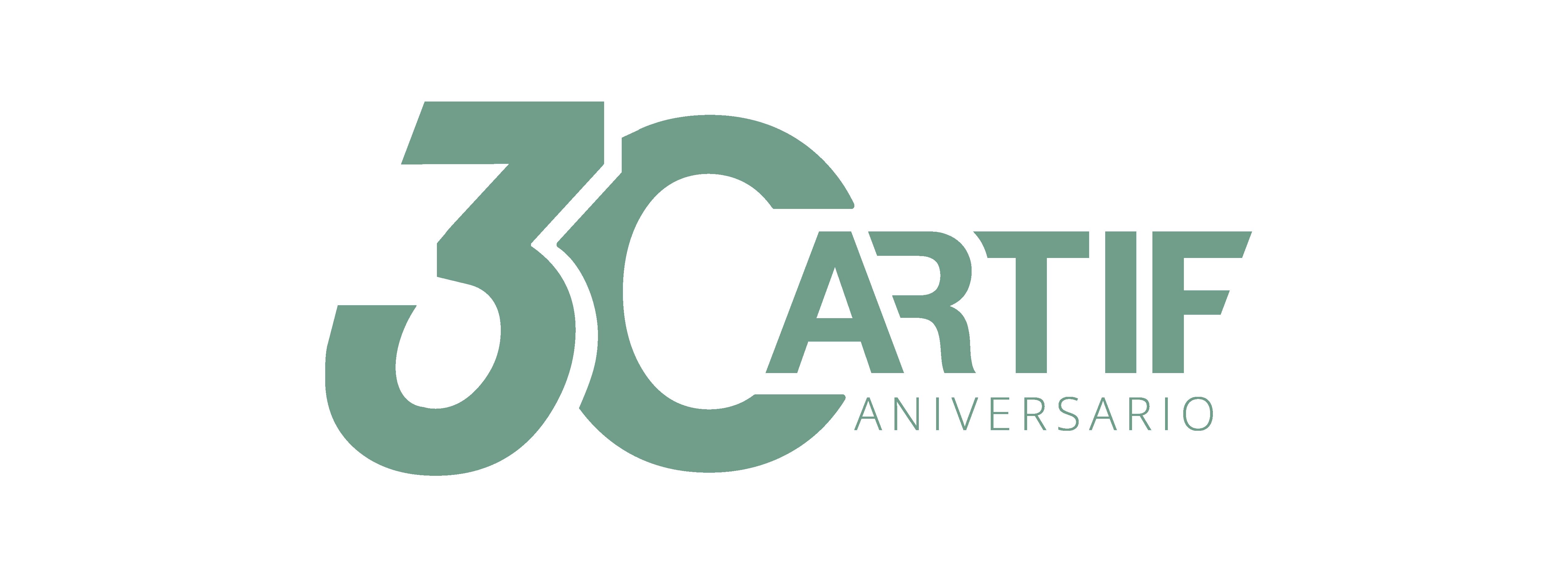
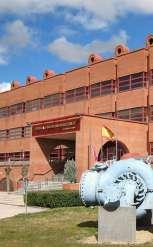
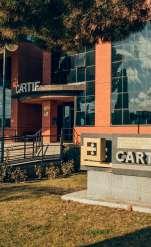

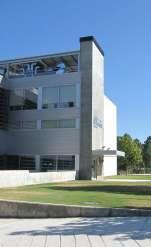
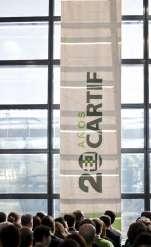
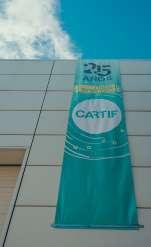
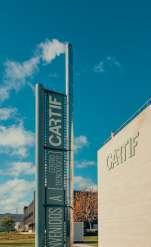
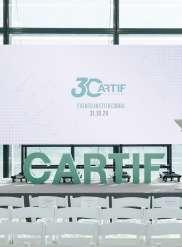

To mark this important achievement, CARTIF commemorated its 30th anniversary with a series of activities designed to pay tribute to three decades of innovation, an achievement shaped not only by its research team, but also by the collective contribution of society at large.
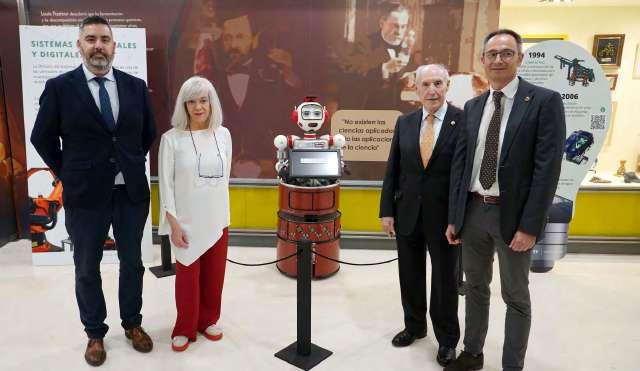
// CARTIF. 30 years of achievements
An exhibition held at the Science Museum of Valladolid showcasing CARTIF’s most significant technologies advances and contribution across its three decades of history.
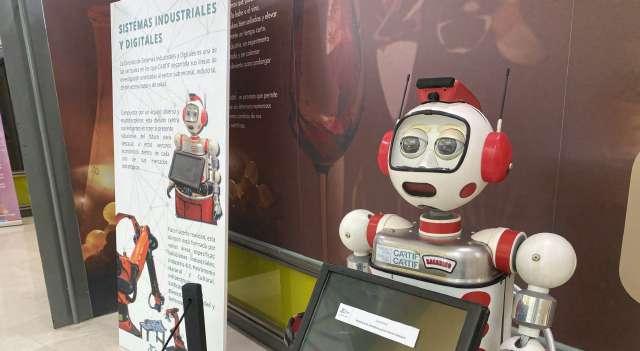


El centro tecnológico CARTIF te invita a disfrutar de su exposición “30 AÑOS DE HITOS”, que conmemora sus tres décadas de historia repleta de ciencia, tecnología, innovación, desarrollo y mucho talento, al servicio de las empresas de Castilla y León.
CARTIF es un centro tecnológico de investigación aplicada y horizontal, situado en el Parque Tecnológico de Boecillo (Valladolid), cuya misión es ofrecer soluciones innovadoras a las empresas para que estas puedan mejorar sus procesos, sistemas, productos y servicios, impulsando así su competitividad en un mercado en constante evolución.

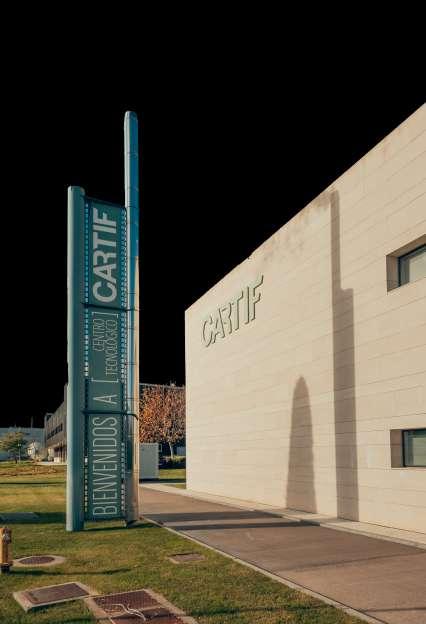

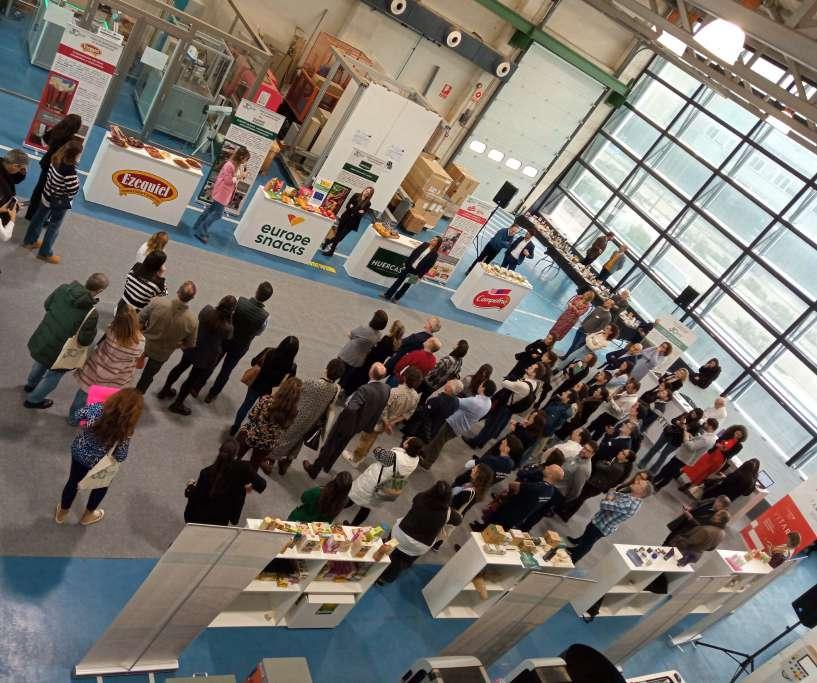
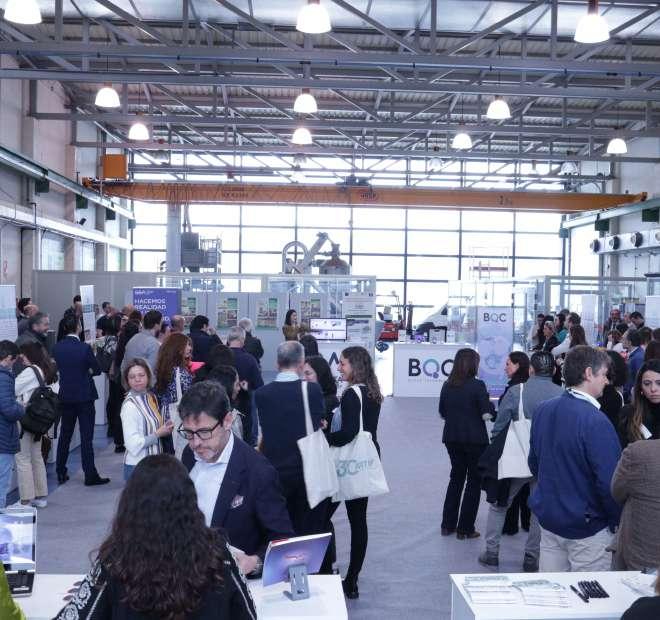
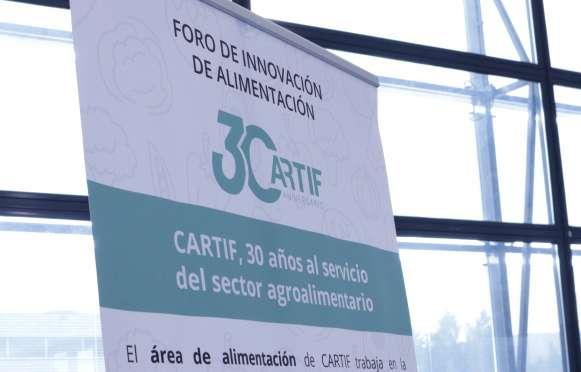
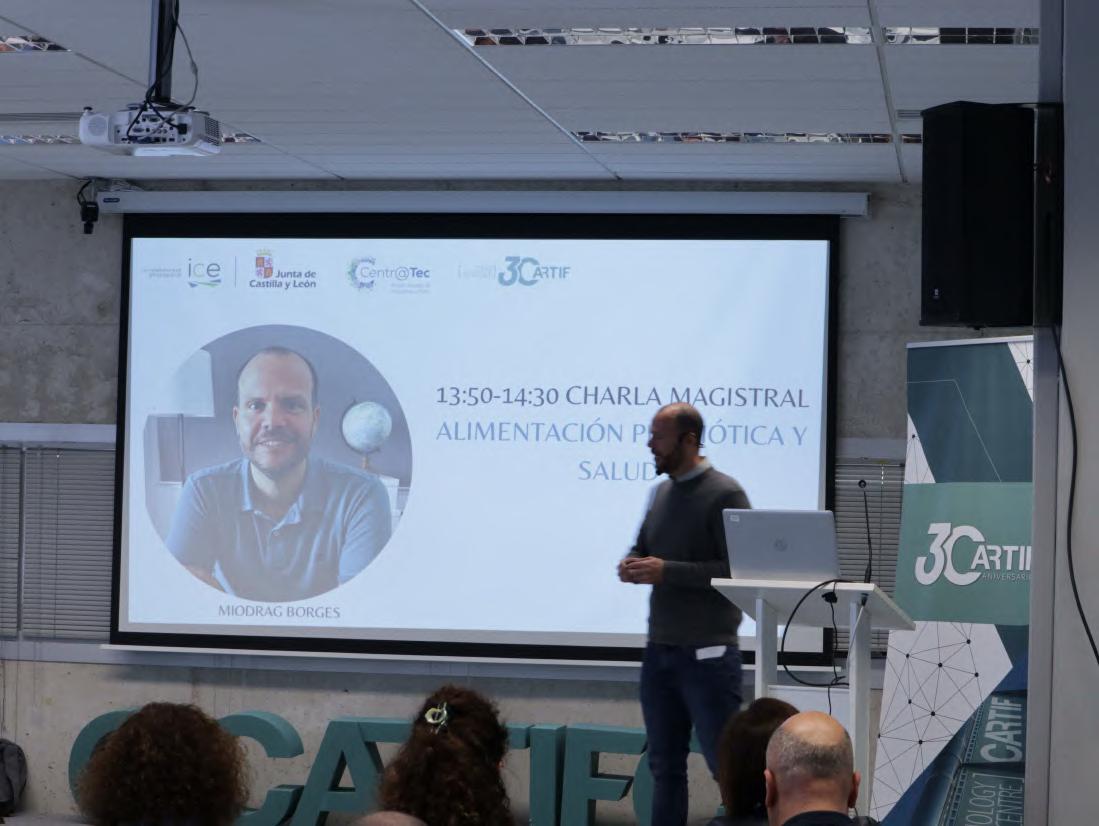
Over 100 attendees, including representatives from nearly 50 organisations (companies, universities, and public institutions), along with 13 exhibitions stands from project partners such as Campofrío, Gullón, Ezequiel, Kombucha, and Pistacyl, among others.
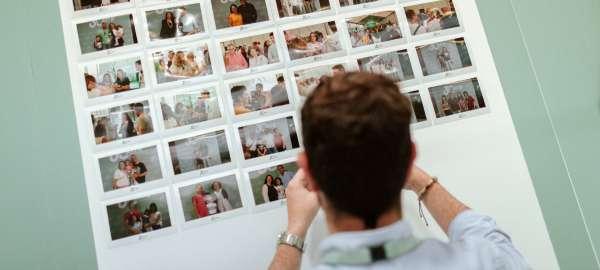
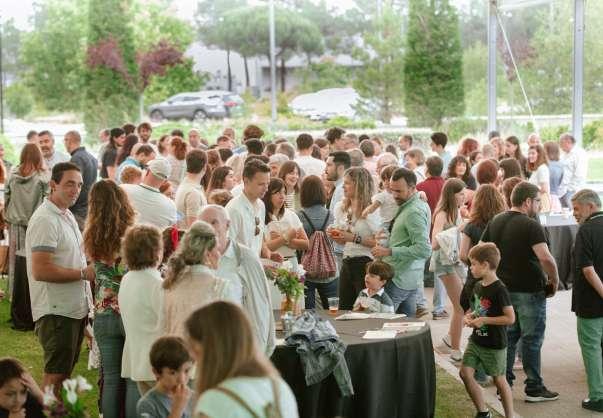
CARTIF staff and their families came together at the Centre’s permises to celebrate the organisation’s three-decade journey in a festive and informal setting.
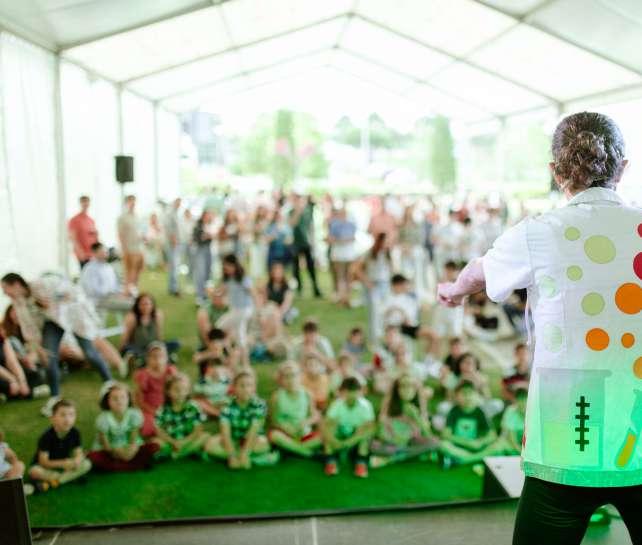
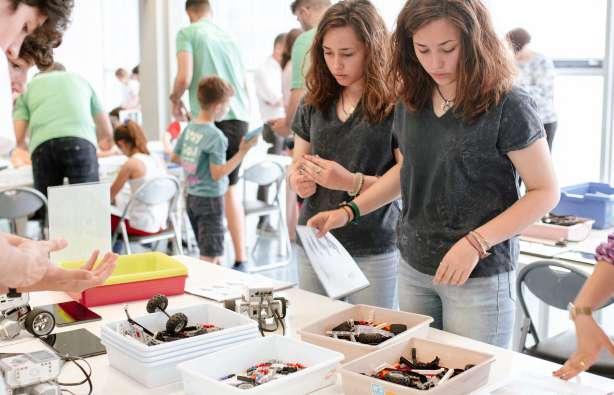
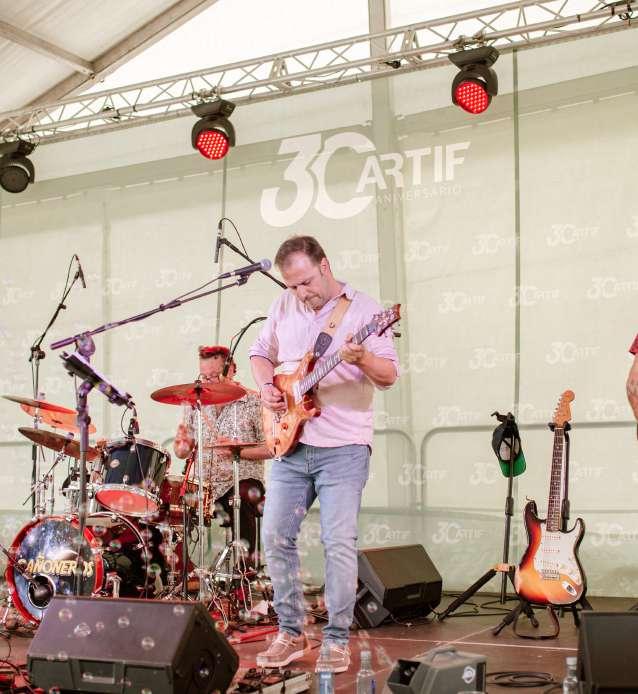

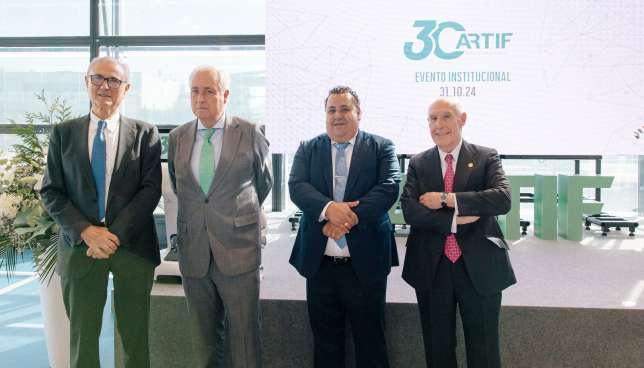
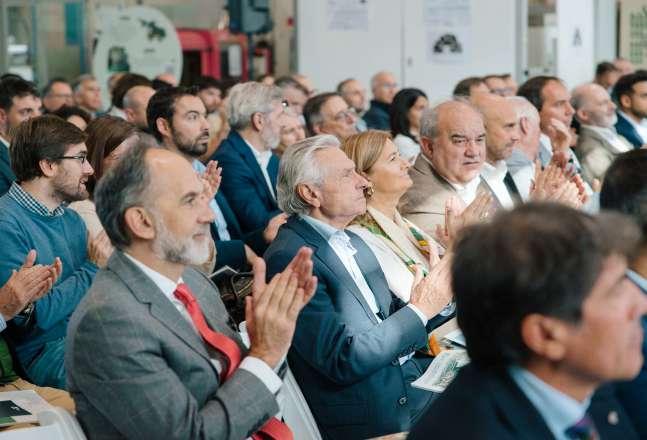
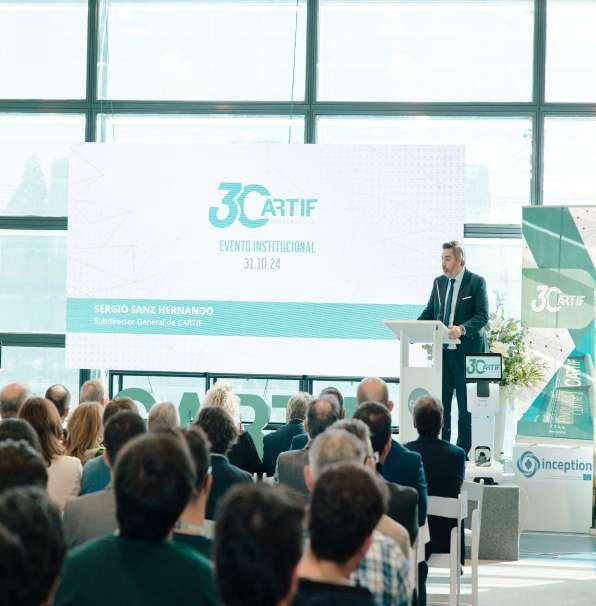
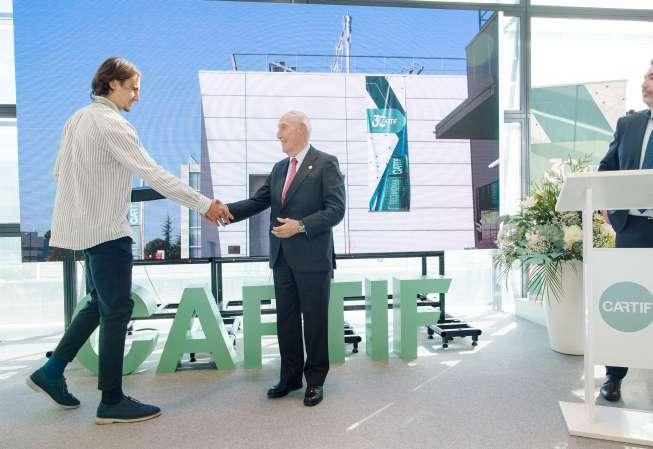
On 21 October 2024, CARTIF welcome around 300 attendees, including more than 80 invited guests from over 60 organisations, who joined the Centre’s staff in an official celebration of the 30th anniversary.


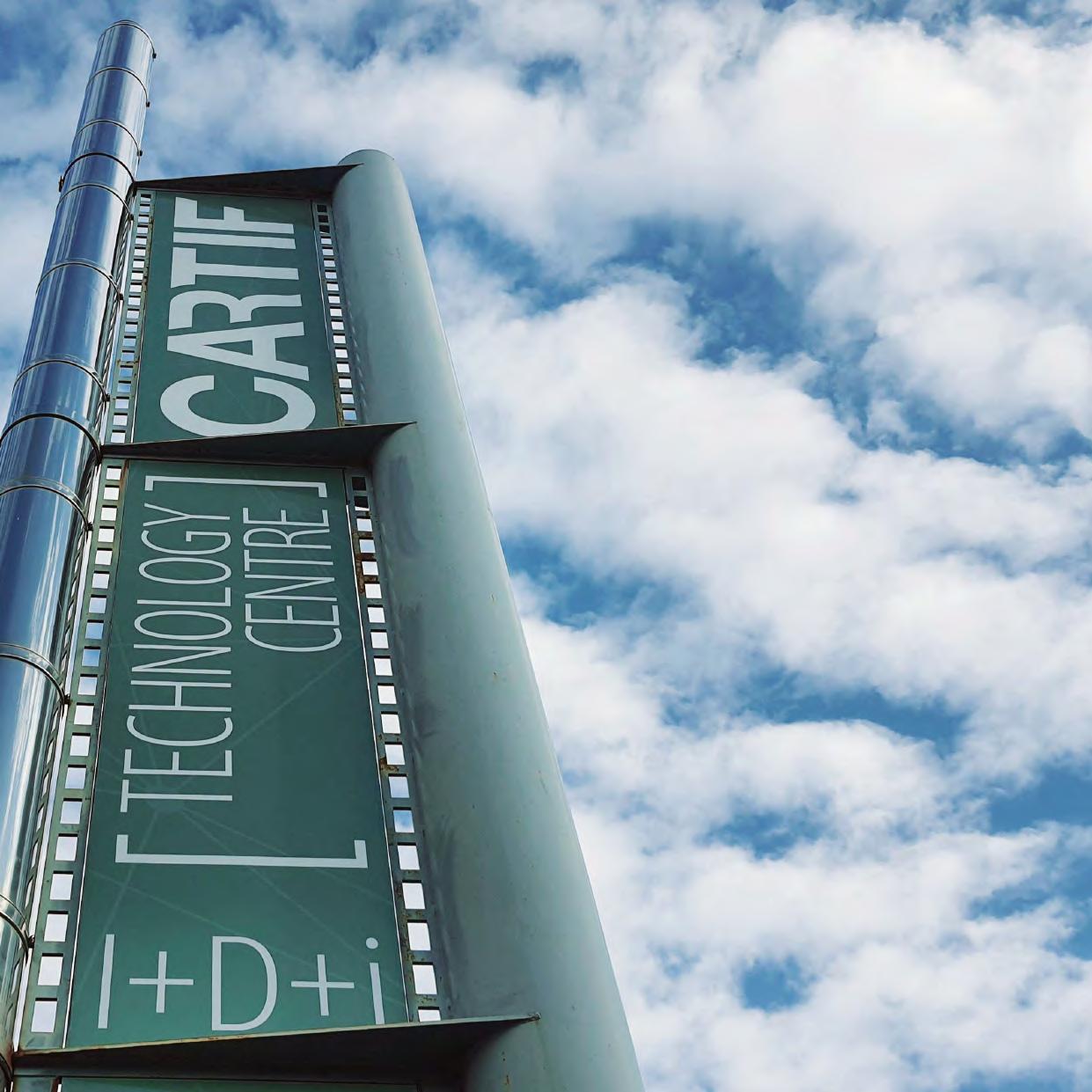
/ / José R. Perán González, Honour Award from Castilla y León Económica and Technological Innovation Prize at the 2024 Bueyecillo Awards

José R. Perán González, General Director of the CARTIF Technology Centre, received two prestigious awards in 2024 in recognition of his outstanding contribution to innovation and business development in Castilla and León.
In April, the magazine Castilla y León Económica presented him with the Honour Award during the 11th edition of its Best Executives in Castilla y León Awards. This accolade celebrates Perán’s distinguished professional career, having founded CARTIF un 2024 and guided it to national and international prominence in the fields of research and innovation. His vision and leadership have been instrumental in fostering collaboration between academia, industry and public institutions, thereby contributing to the region’s sustainable growth.
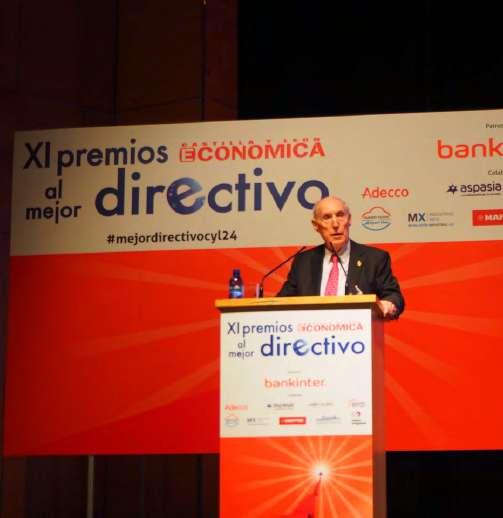
In July, the Municipality of Boecillo –the location of the Technology Park that hosts the CARTIF Technology Centre- awarded in the Technological Innovation Prize at the 9th edition of the Bueyecillo 2024 Awards. This distinction highlights his commitment to knowledge transfer and the application of technology in the regional business ecosystem, principles that have underpinned his leadership throughout CARTIF’s three-decade history.
These awards not only underscore the significance of his leadership, but also reaffirm CARTIF’s role as a driving force of innovation during a year of particular importance for the institution.
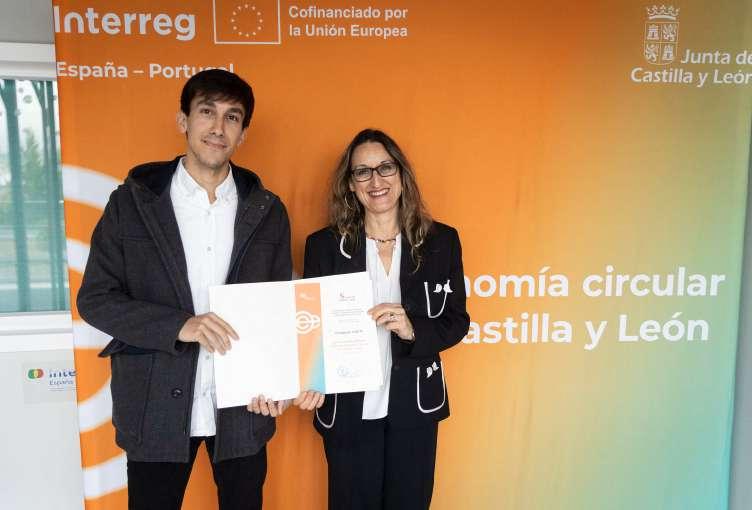
CARTIF Technology Centre has joined the Ciruclar Economy Part of Castilla and Leon in 2024, reinforcing its commitment to accelerating the transition towards a more sustainable economic model. This initiative, co-funded by the European Union through the CIRCU-
project under the Interreg POCTEP programme, seeks to consolidate a regional ecosystem that promotes circular economy practices by involving companies, institutions, and public administrations.

This step build on over 20 years of experience by CARTIF’s research in sustainability-focused project, particularly in areas such as process efficiency and resource optimisation. Dolores Hidalgo, Director of the Circular Economy Area at CARTIF, and Fernando Burgoa, researcher in the same area, received the official diploma that formalises the centre’s participation in this regional commitment.
The recognition ceremony took place at PRAE in Valladolid (Spain), where public and private entities convened to receive their certificates and share experiences. These actions are part of the Declaration for a Circular Economy in Castilla and Leon, aimed at engaging society in the ongoing transition towards a circular economy.
/ / CARTIF joins the Adhehuela Hub to strengthen the health and care sector


CARTIF has reinforced its commitment to the care sector through its establishment at the Aldehuela Technology Hub in Zamora (Spain), ain initiative promoted by the Regional Ministry of Family and Equal Opportunities of the Government of Castilla and Leon.
This step aims to support and expand the production and assembly of health and care related technologies, such as the intelligent walker, currently being assembled by part of the CARTIF team at the Hub, thereby helping to strengthen the local industrial fabric and enhance regional competitiveness.
“CARTIF’s installation at the Aldehuela Hub represents a unique opportunity to boost our development and production capabilities. We are fully committed to delivering innovative solutions that improve the quality of life for older adults and contribute to the advancement of the health and care sector”, stated José Ramón Peran, General Director of CARTIF.
El Centro Tecnológico CARTIF se ha unido al Hub Net-Pharma, el principal ecosistema europeo dedicado a promover la innovación y la colaboración en la industria farmacéutica. Esta alianza consolida el compromiso del Centro por la excelencia tecnológica y la investigación aplicada en un sector en continua evolución.

CARTIF plays a key role in the hub, serving as its first strategic partner and the only technology centre within the group. Through this partnership, the research team contributes its vision and expertise in a number of strategic areas poised to strengthen the sector, such as bioactive development, sustainability, digitalisation, and energy efficiency.

In addition, CARTIF brings to the Hub its extensive experience in enabling technologies that support pharmaceutical innovation, including:
• Research and development of chemical and biotechnological products and processes.
• Sustainability and circular economy approaches.
• Digital transformation and artificial intelligence.
• Decarbonisation and energy efficiency.
